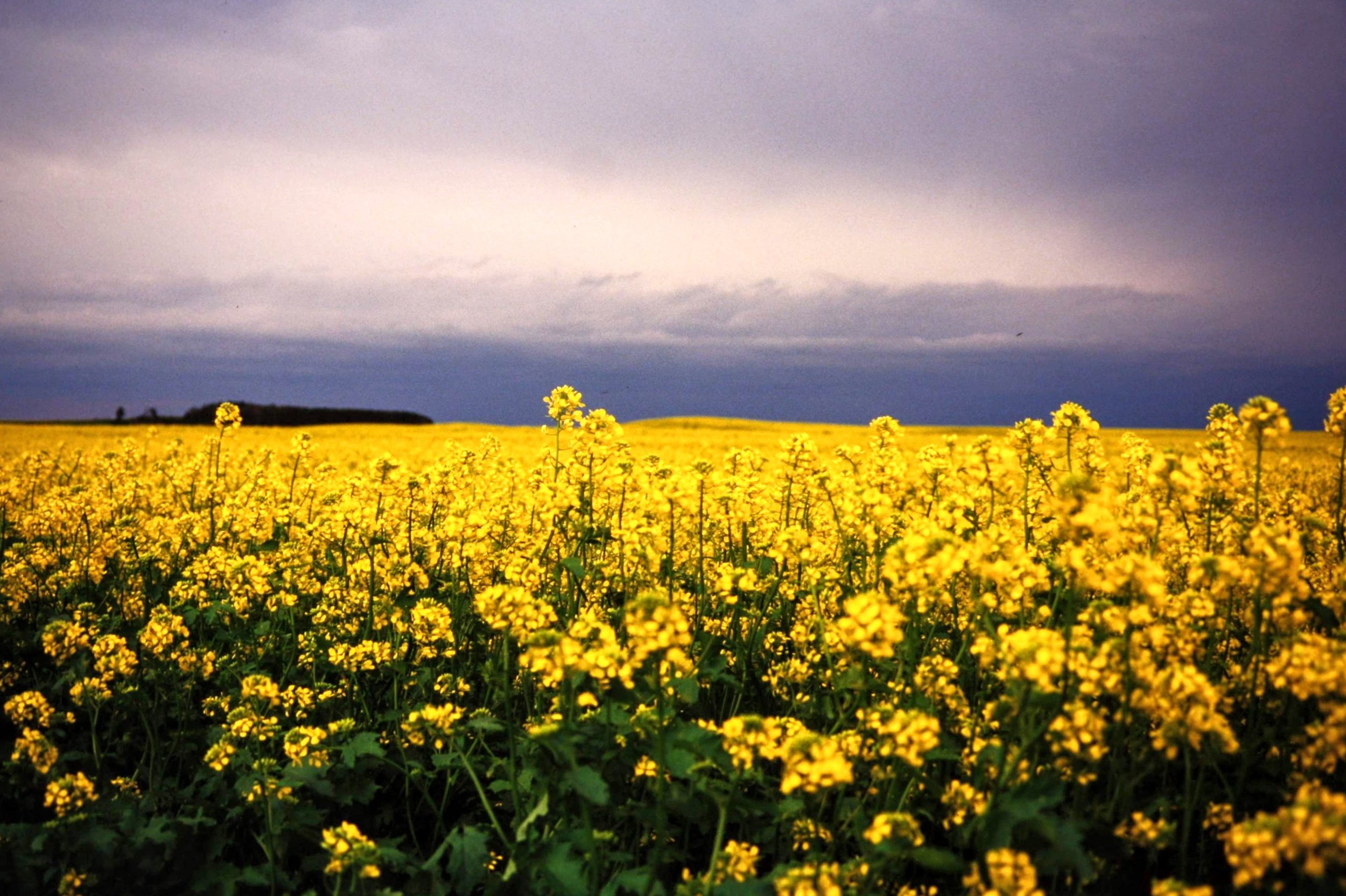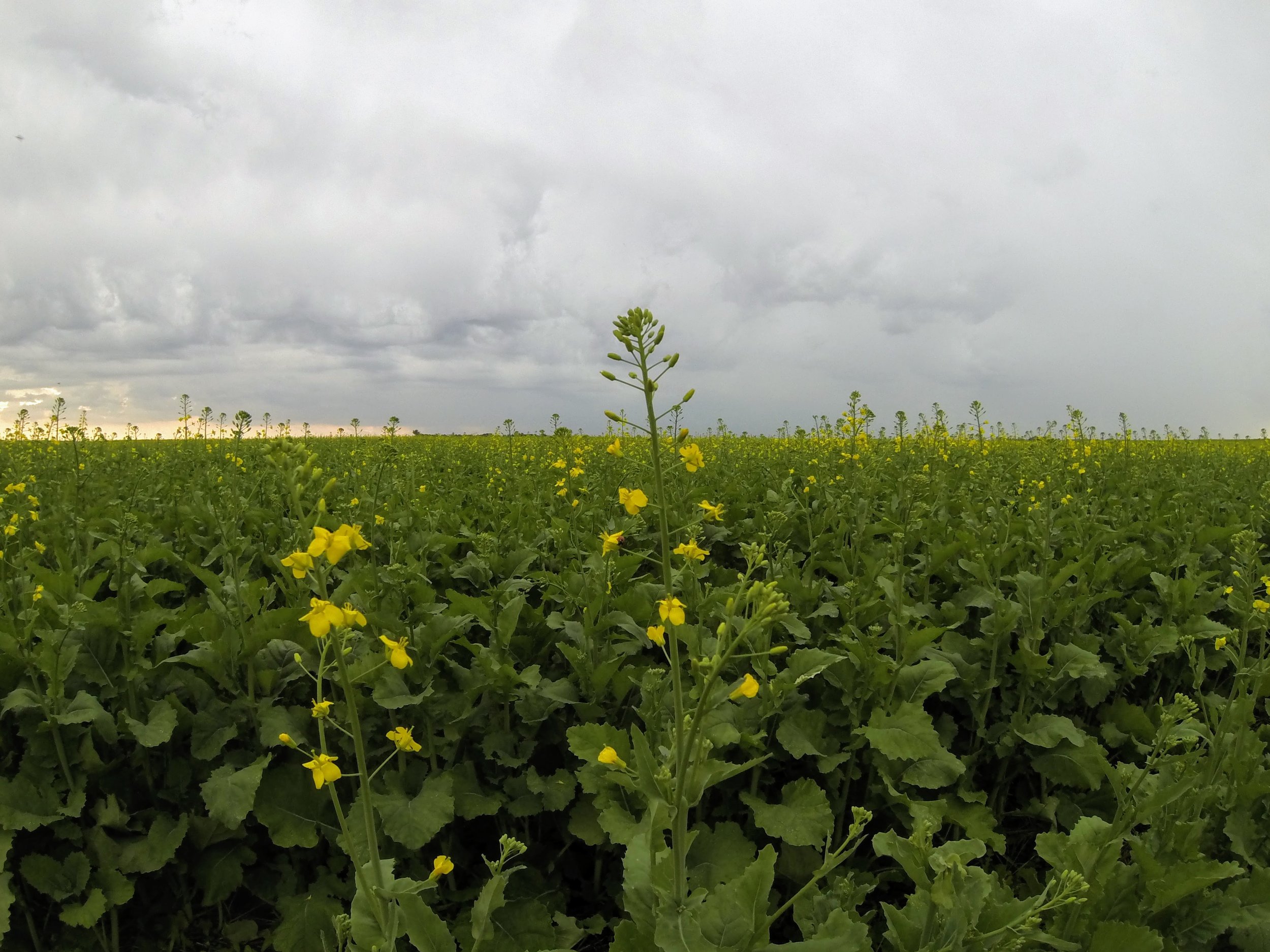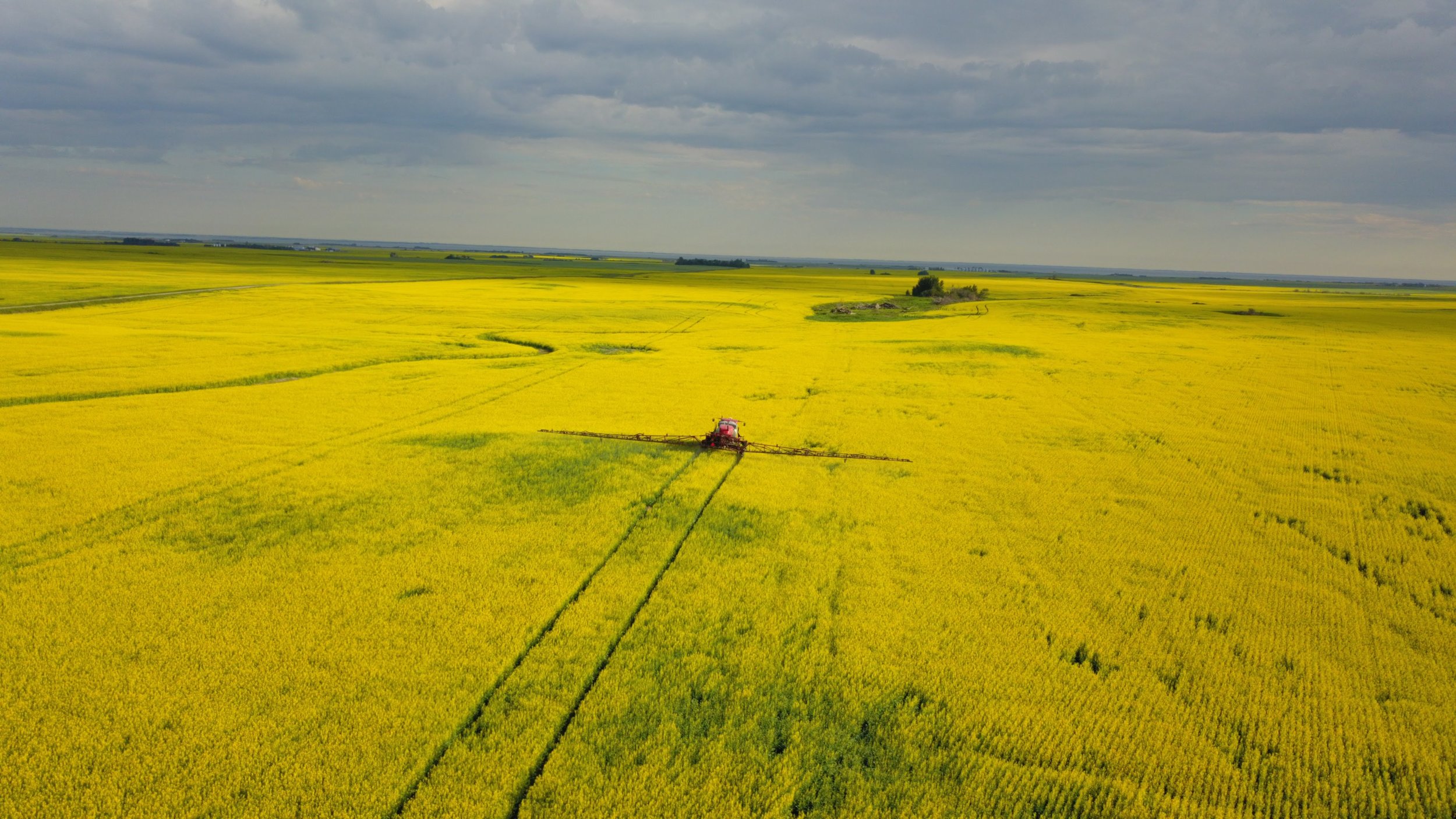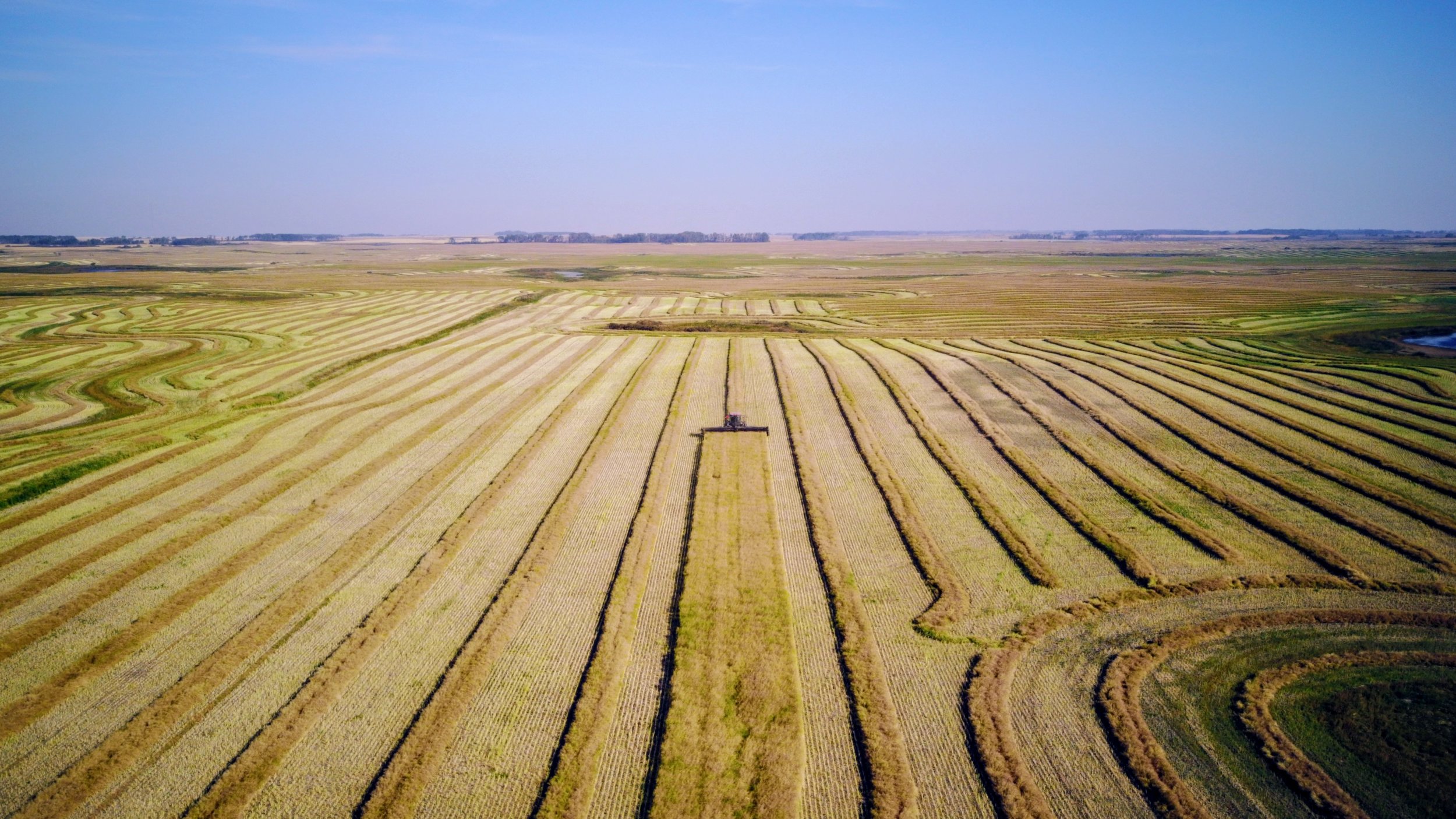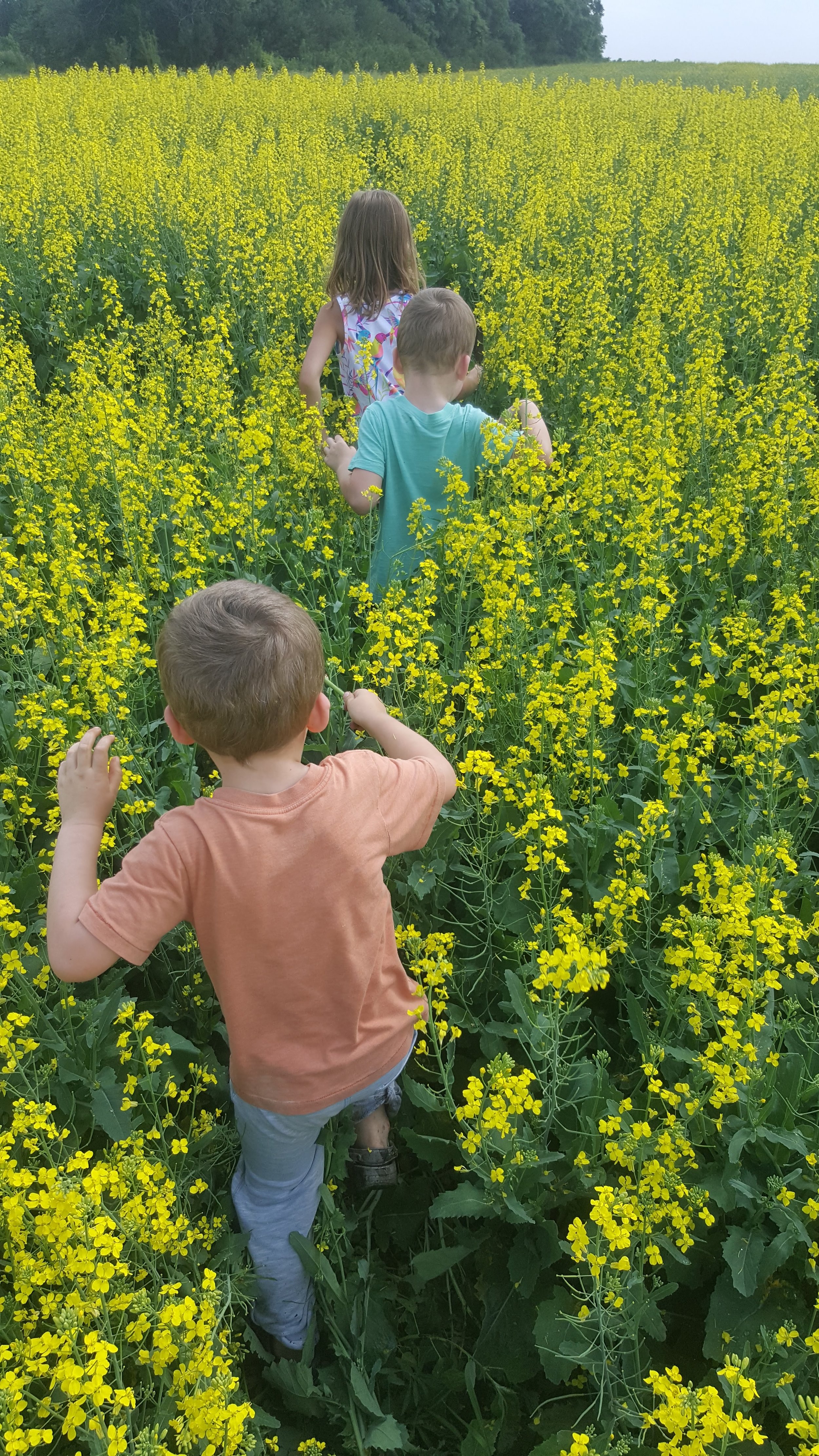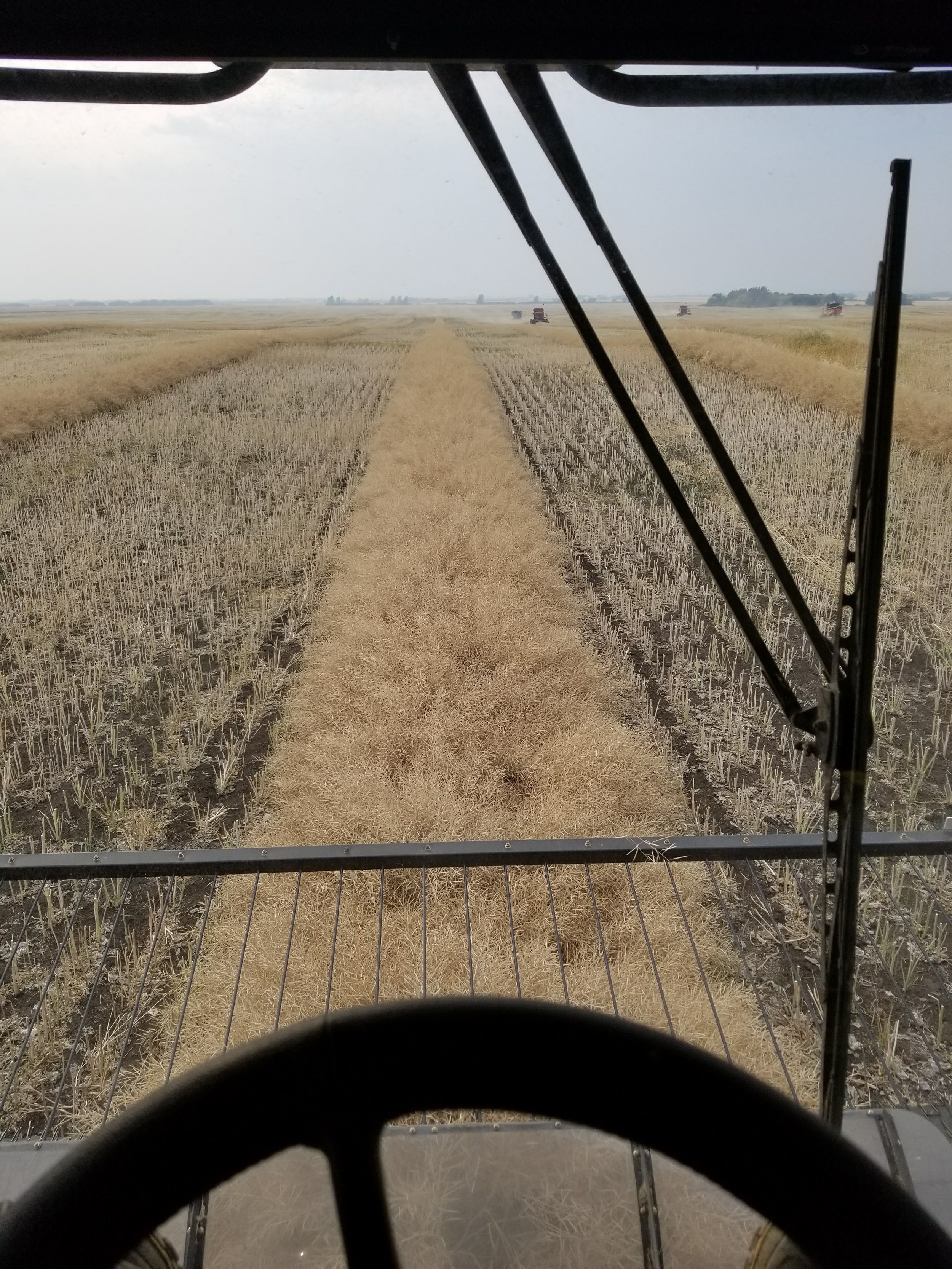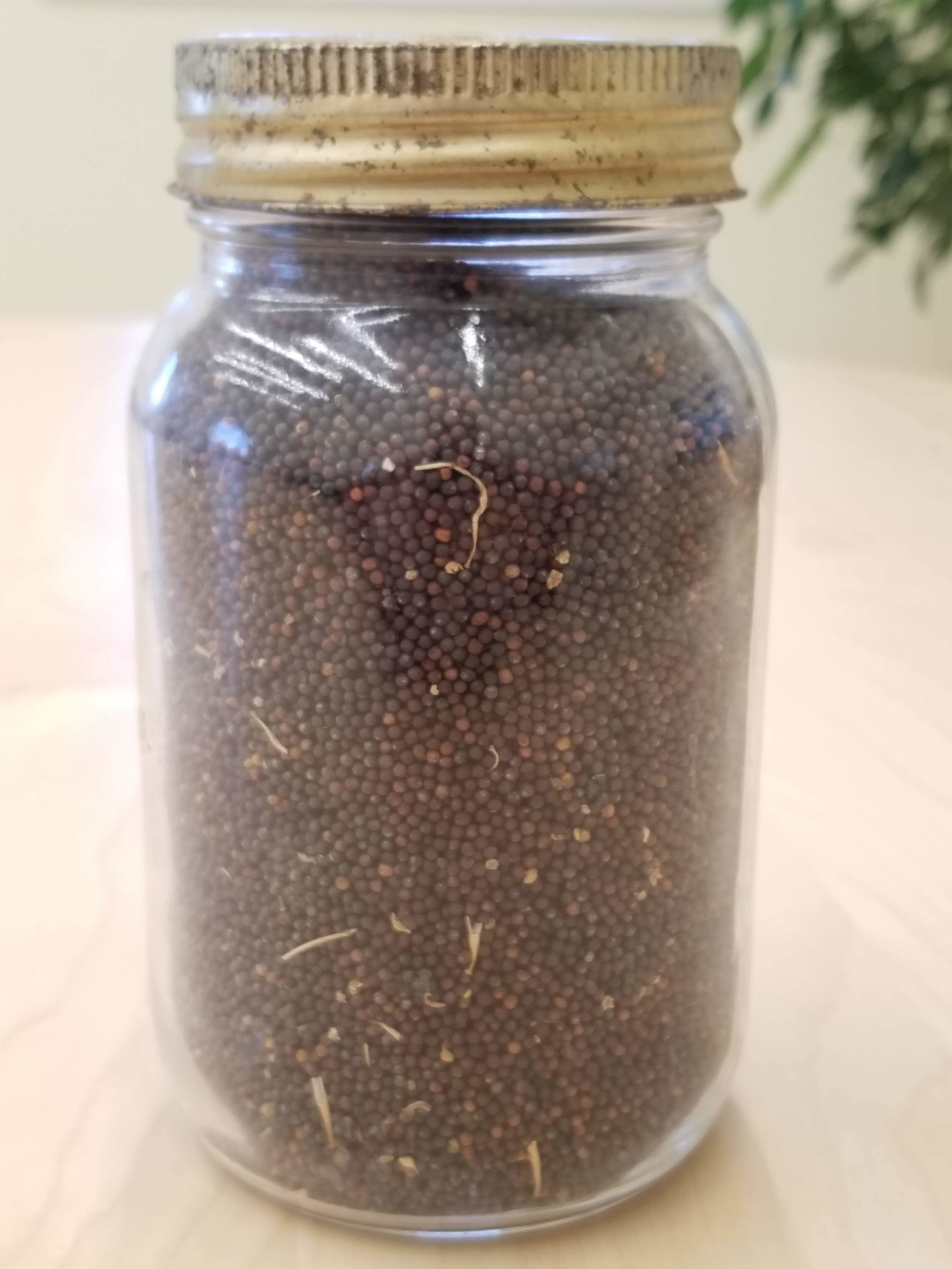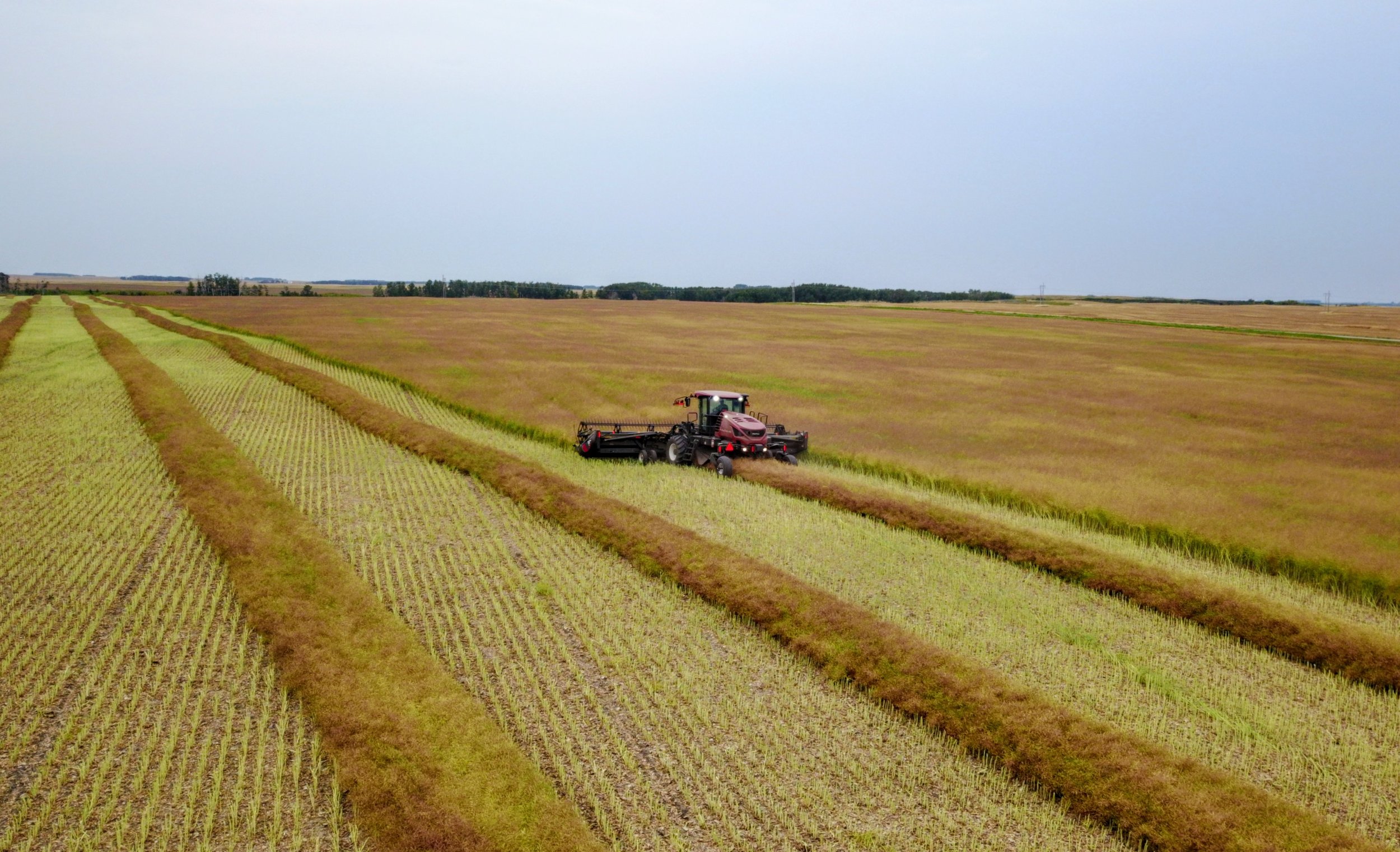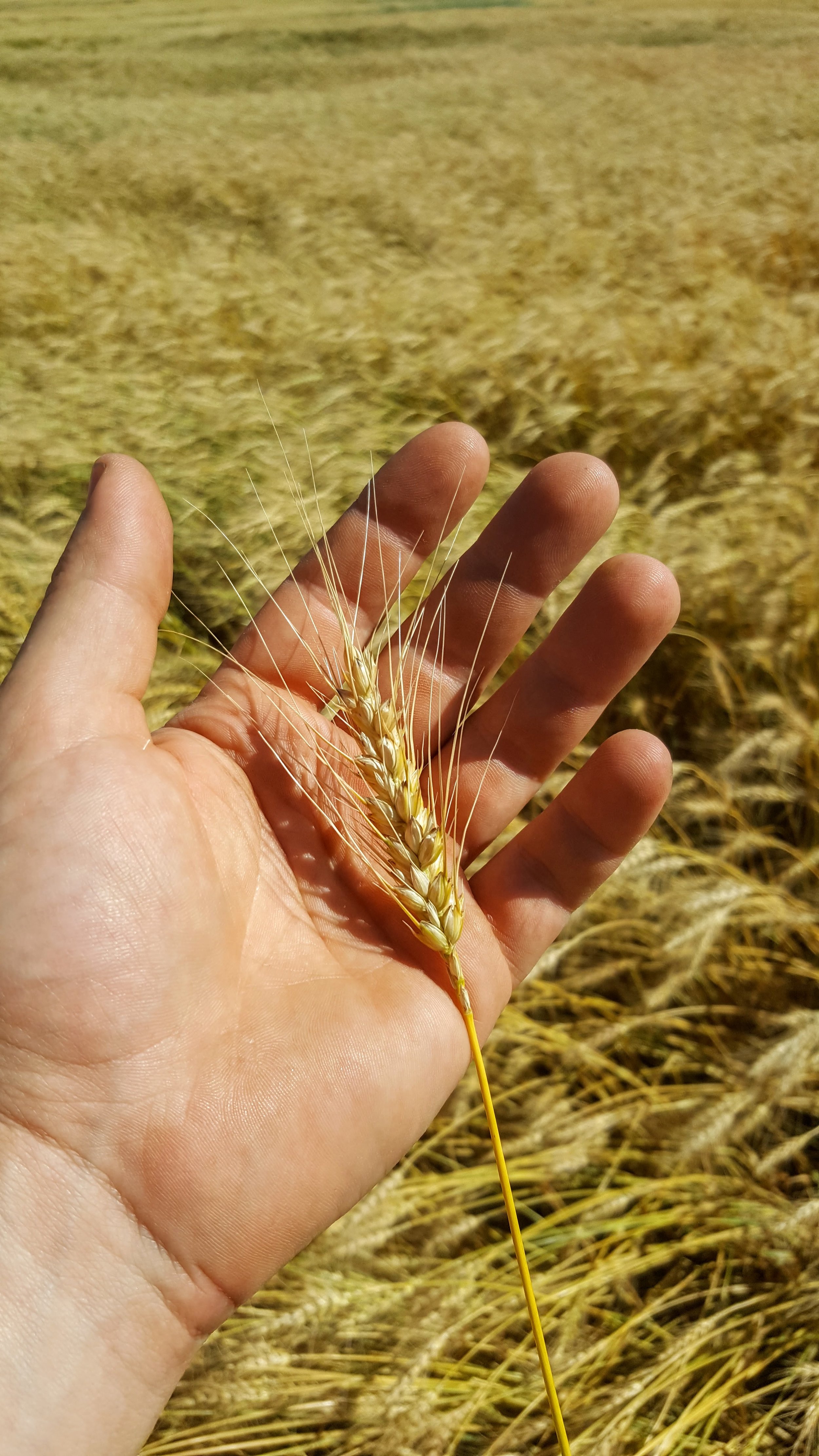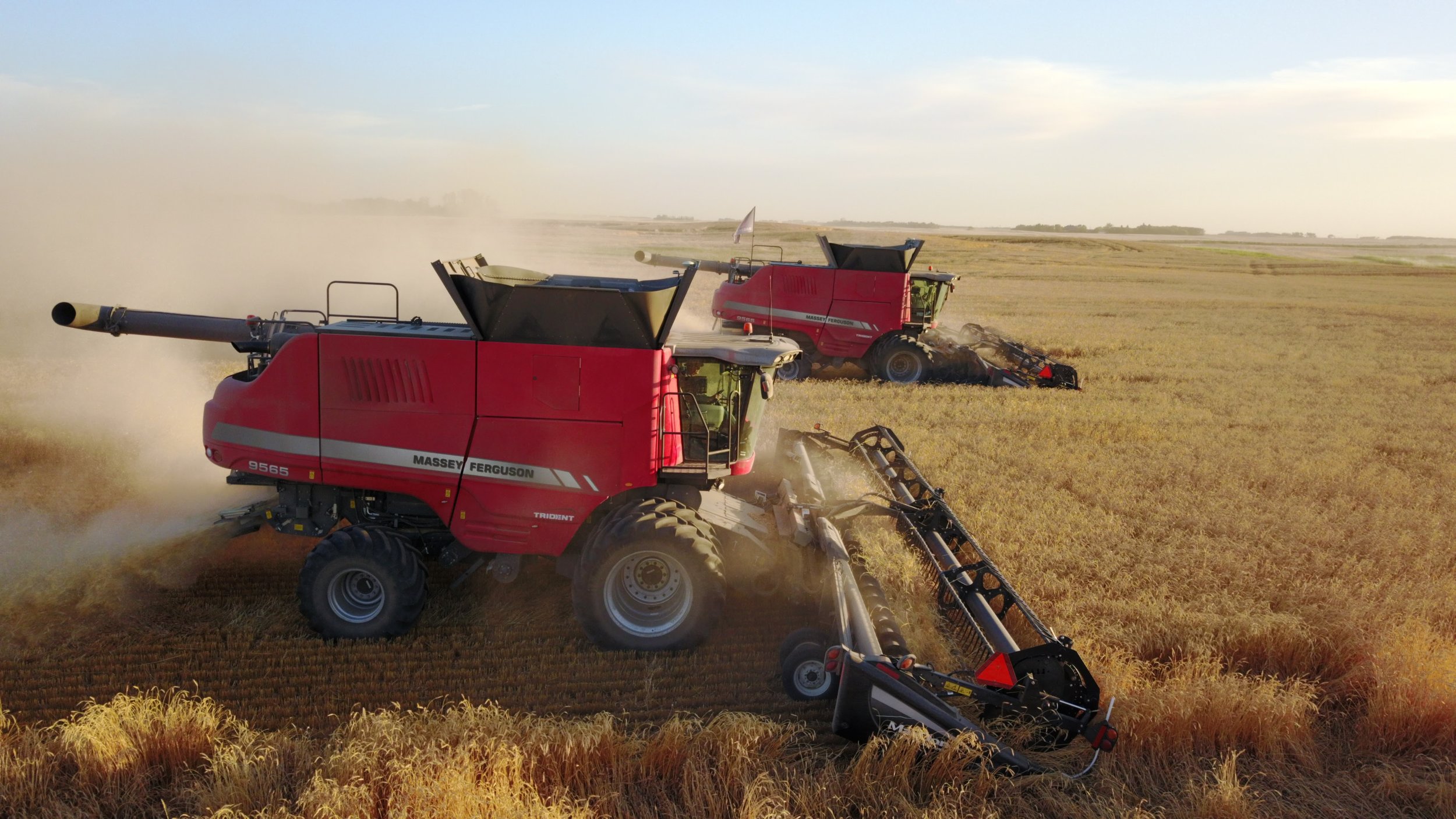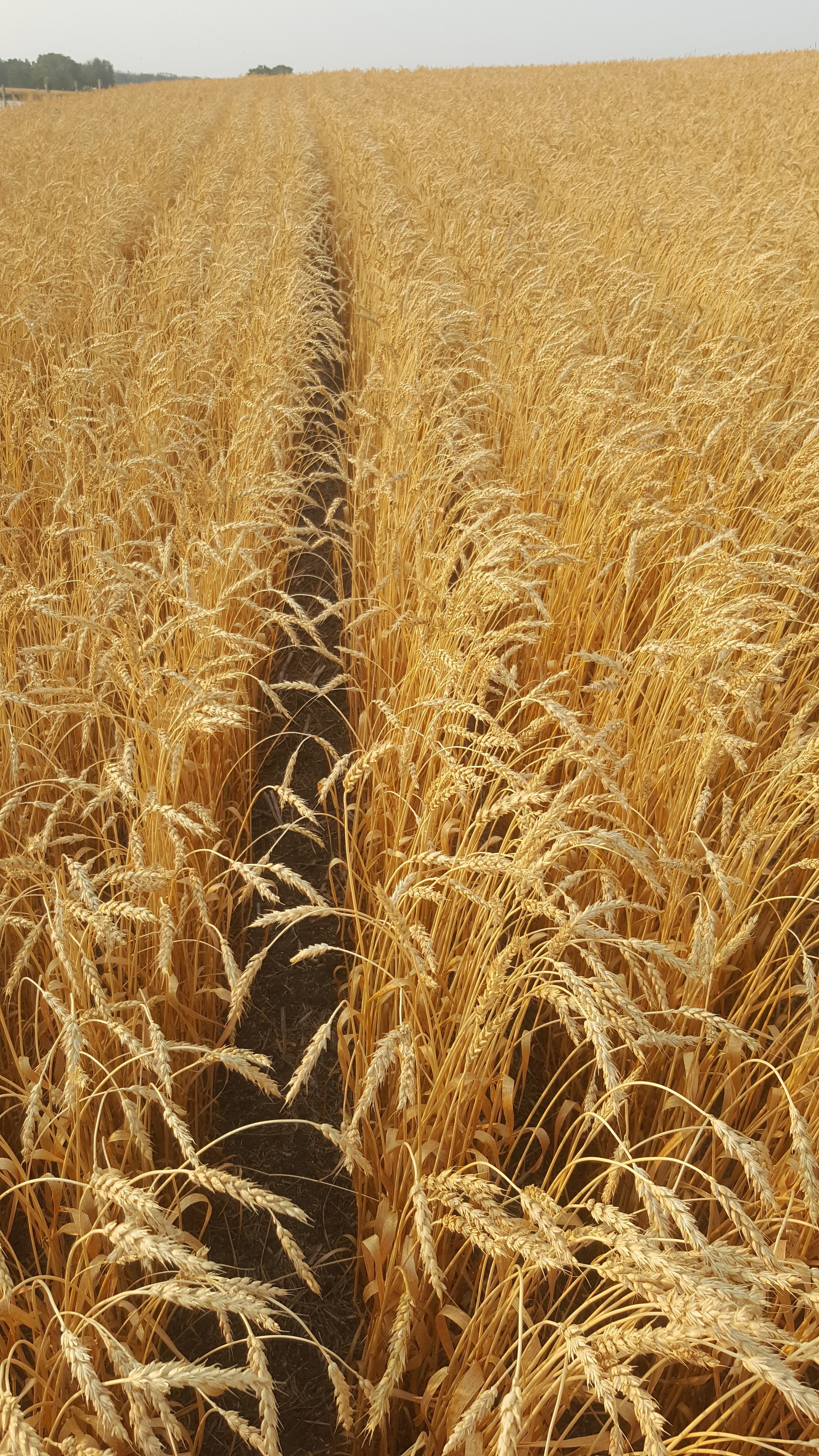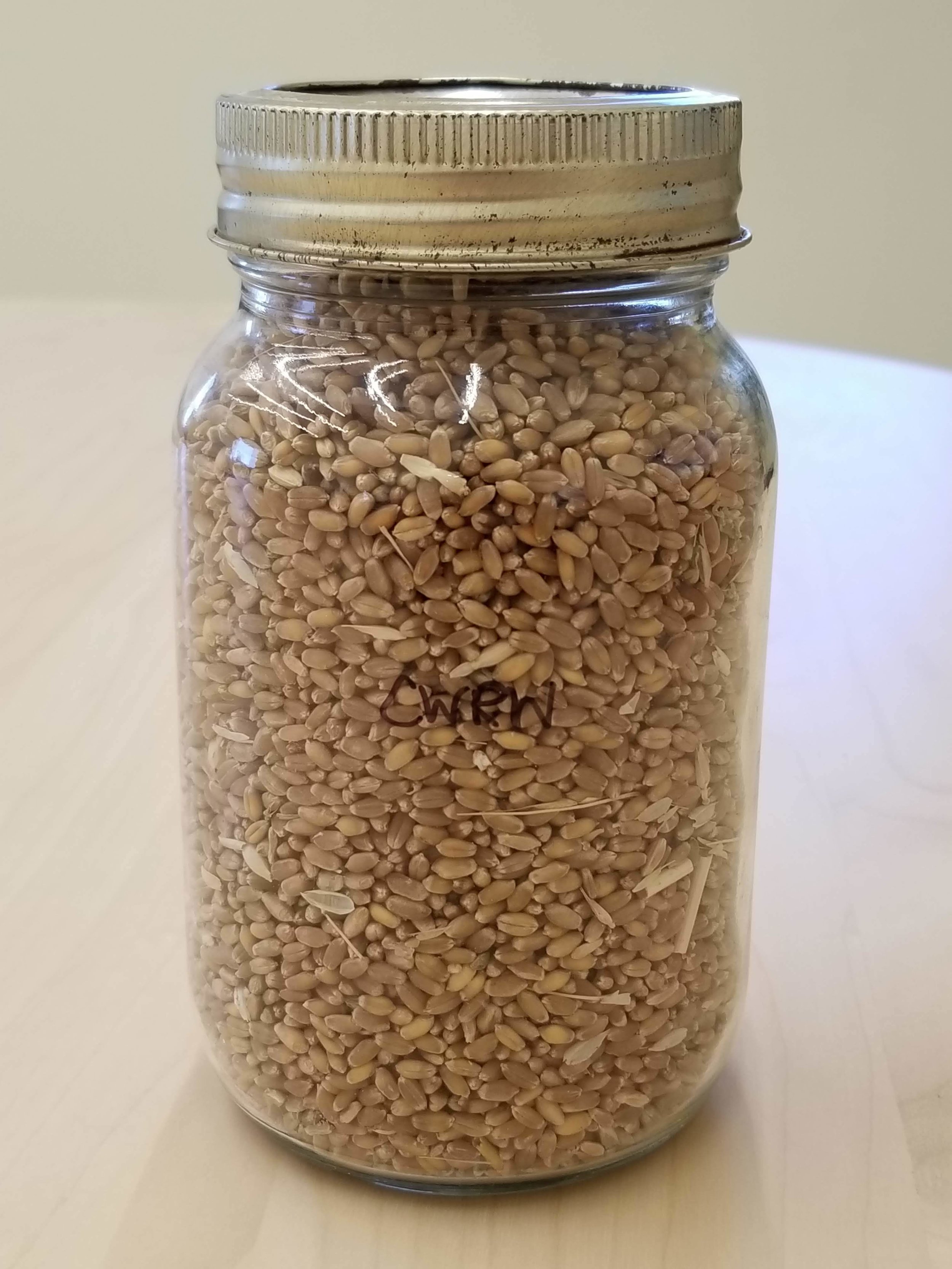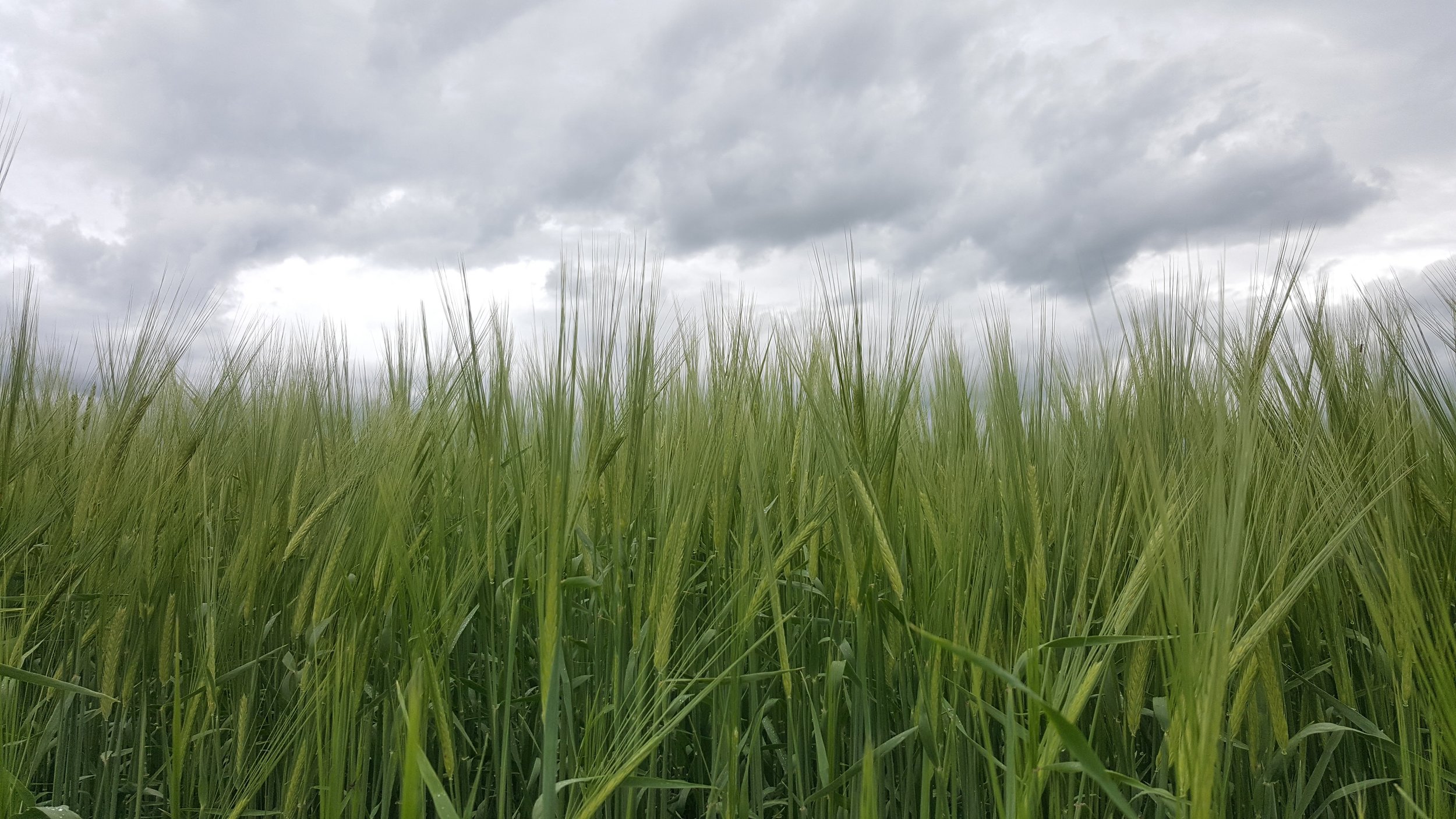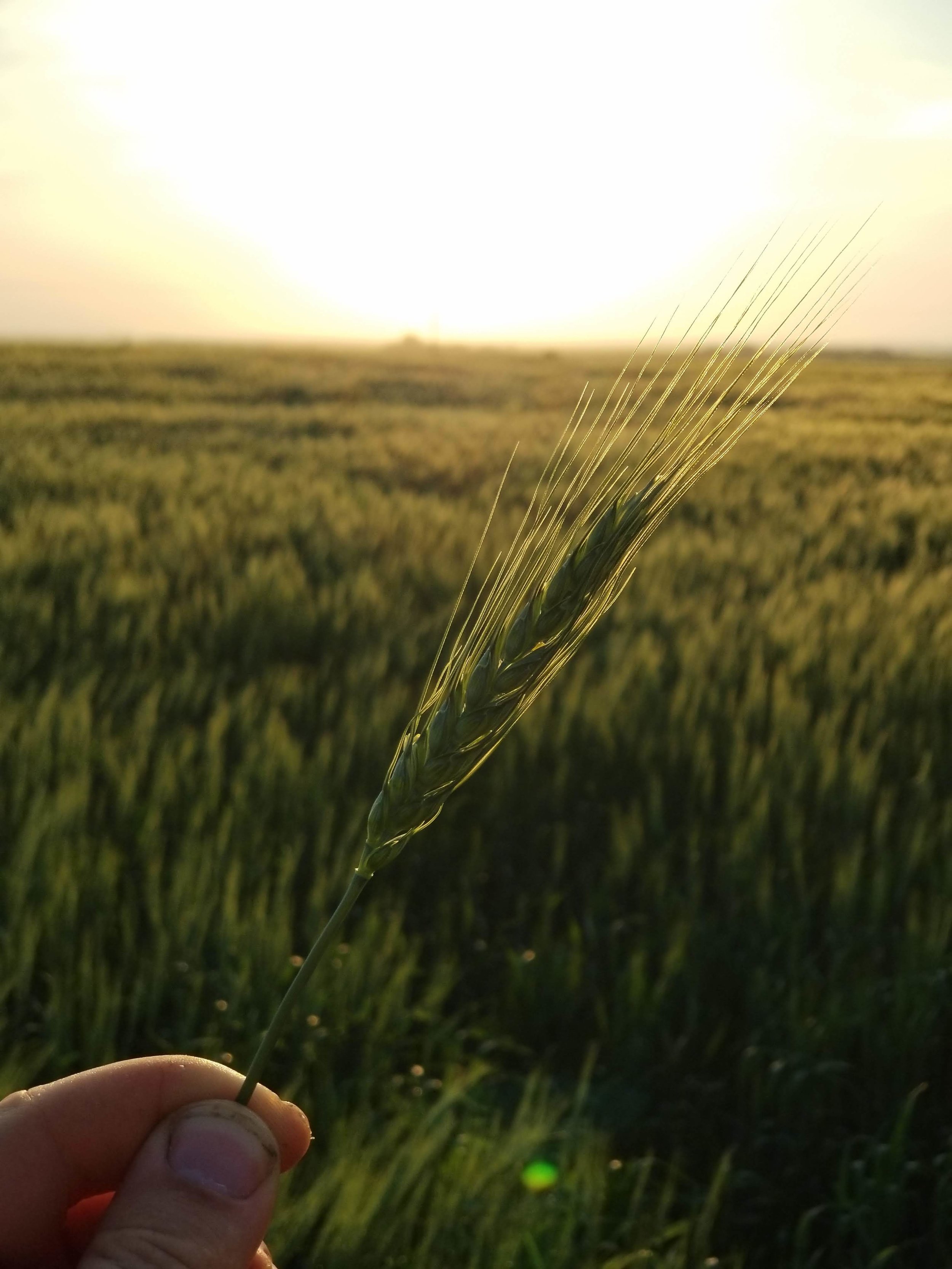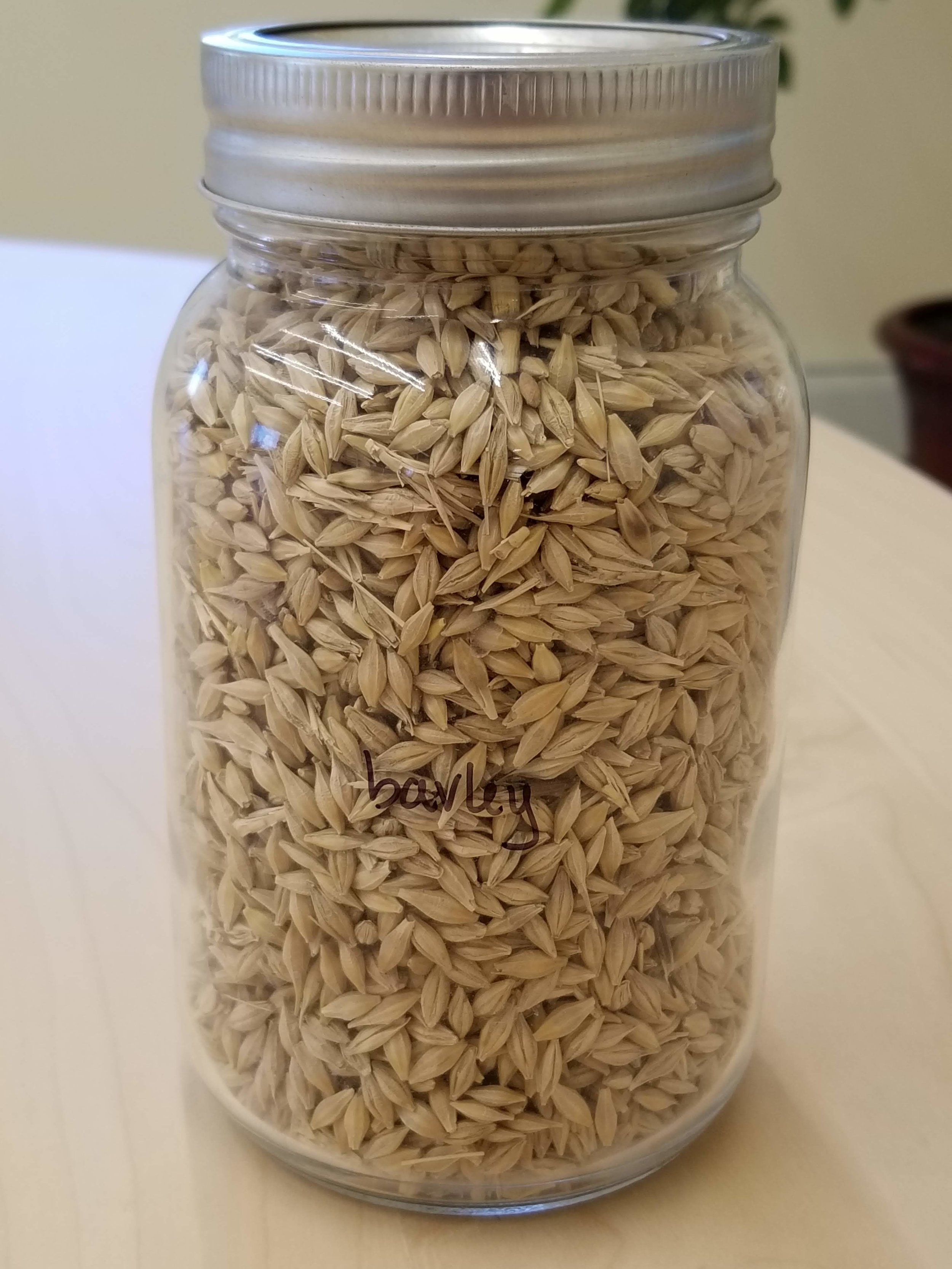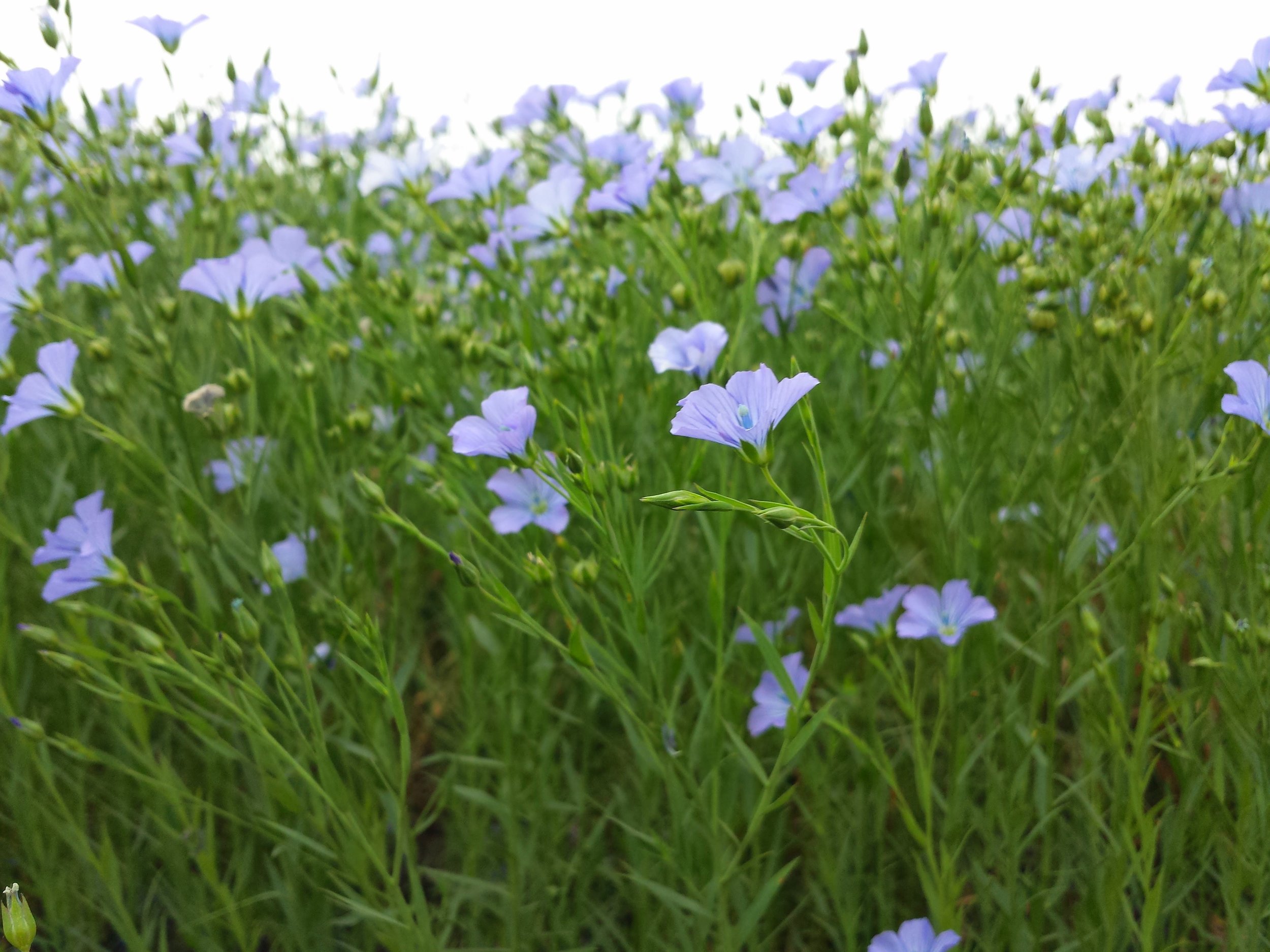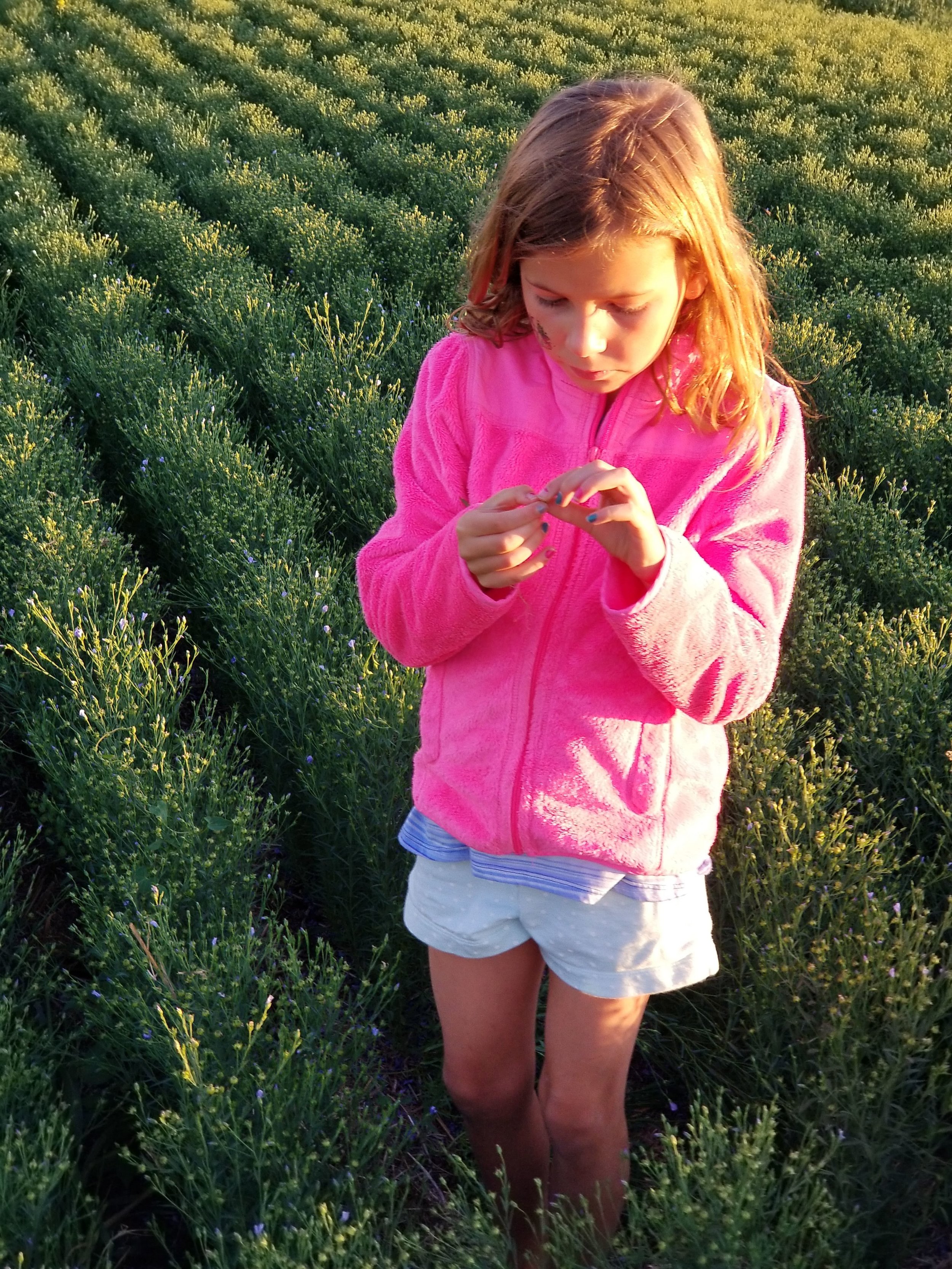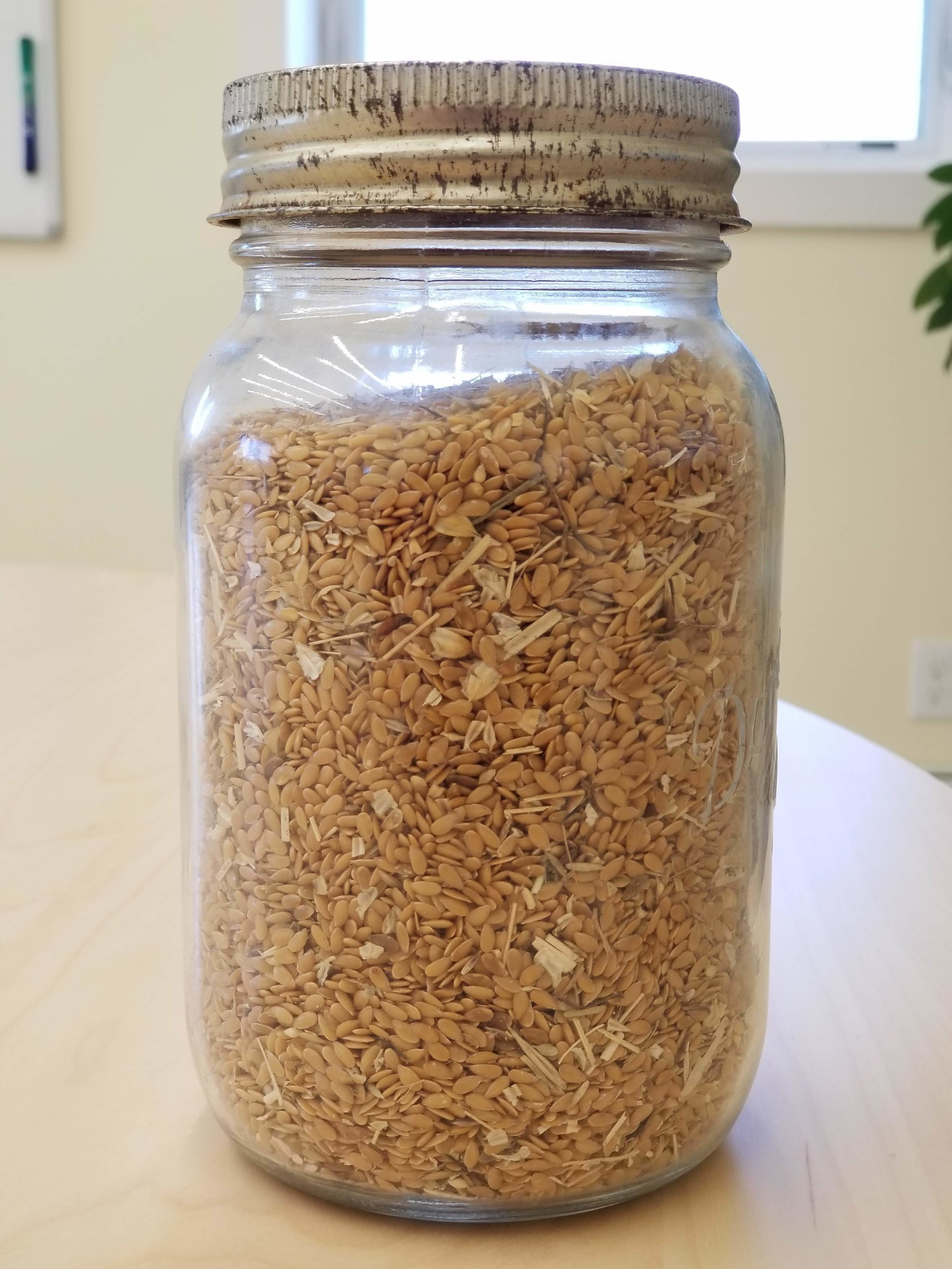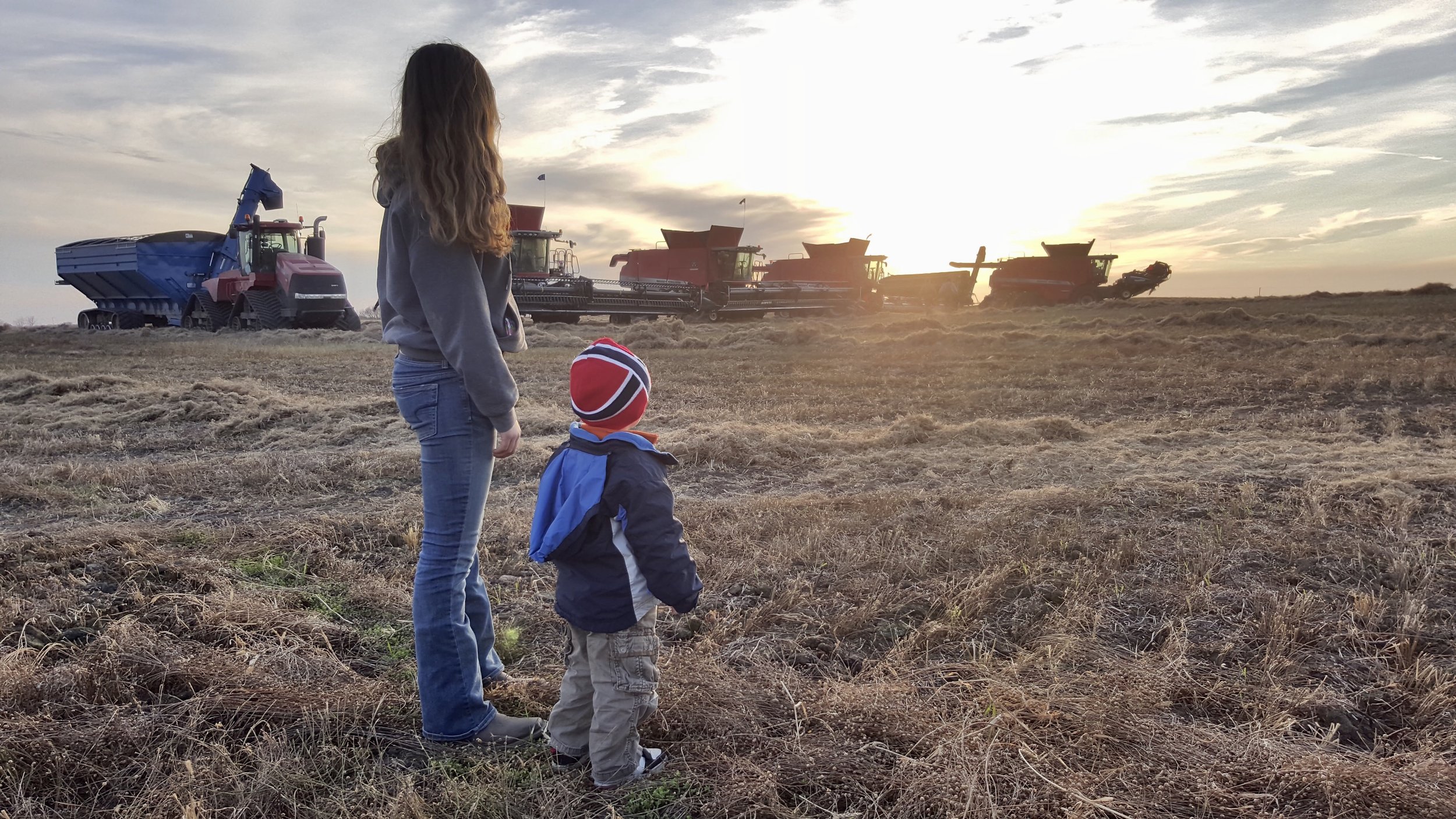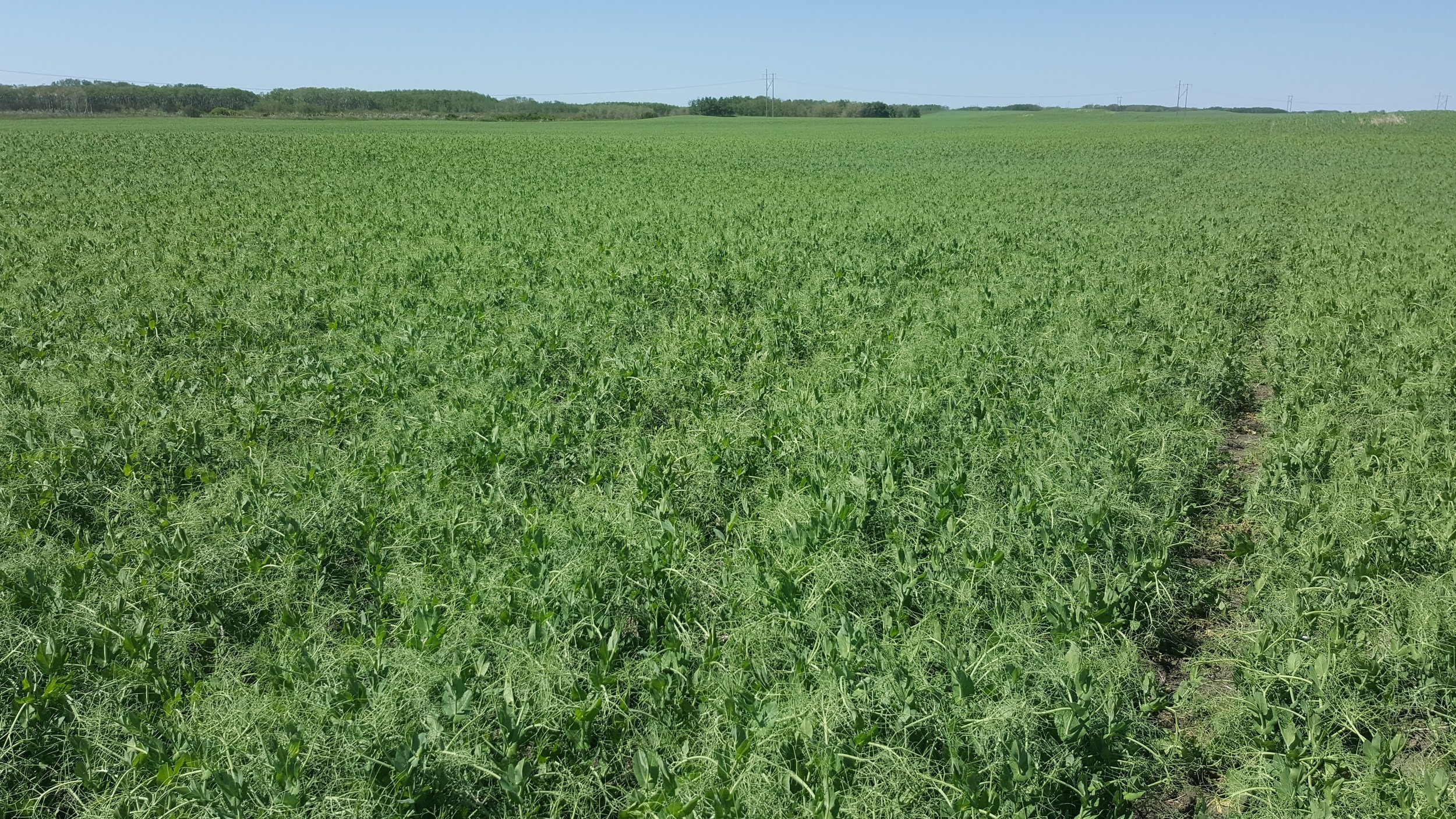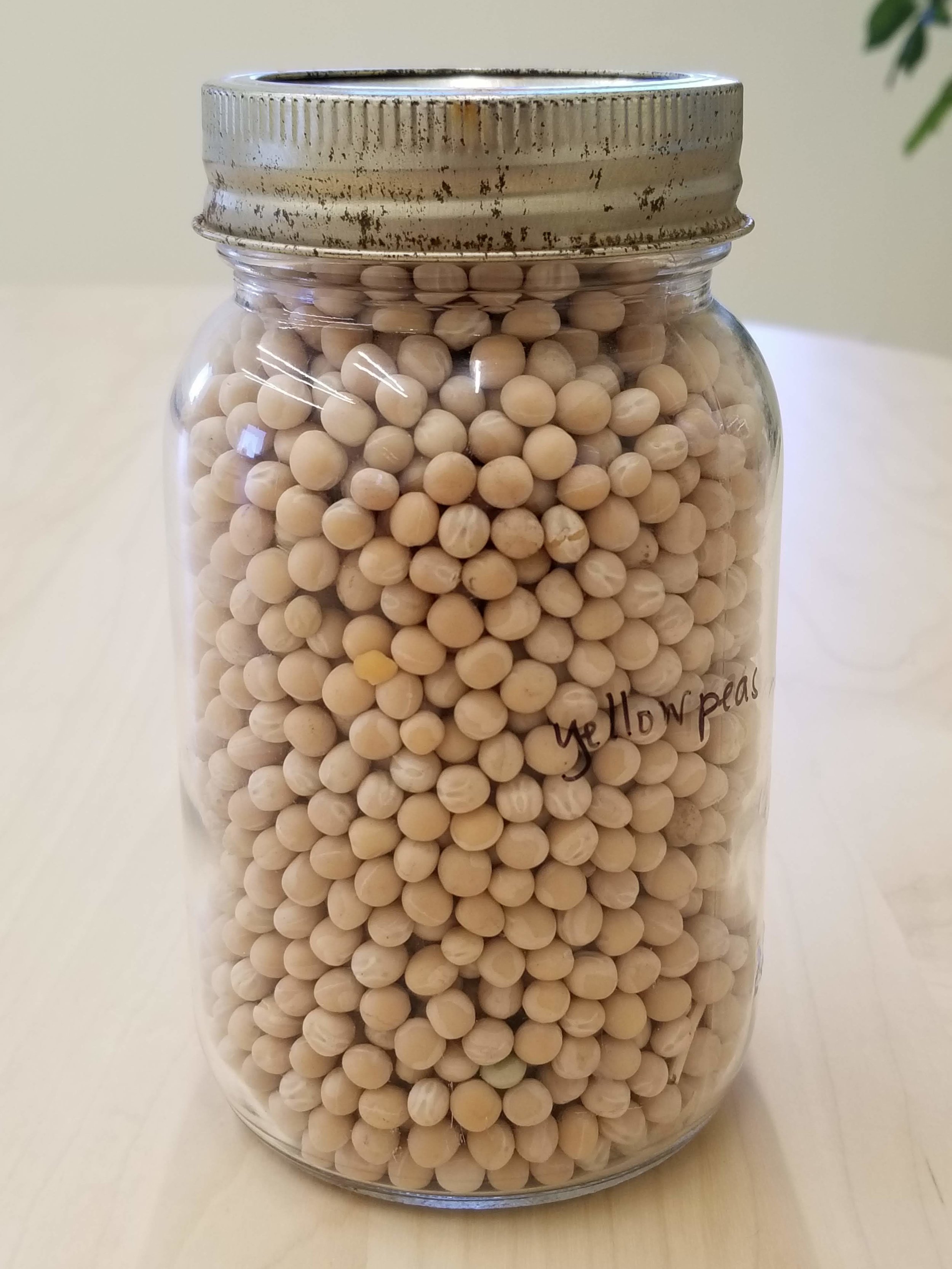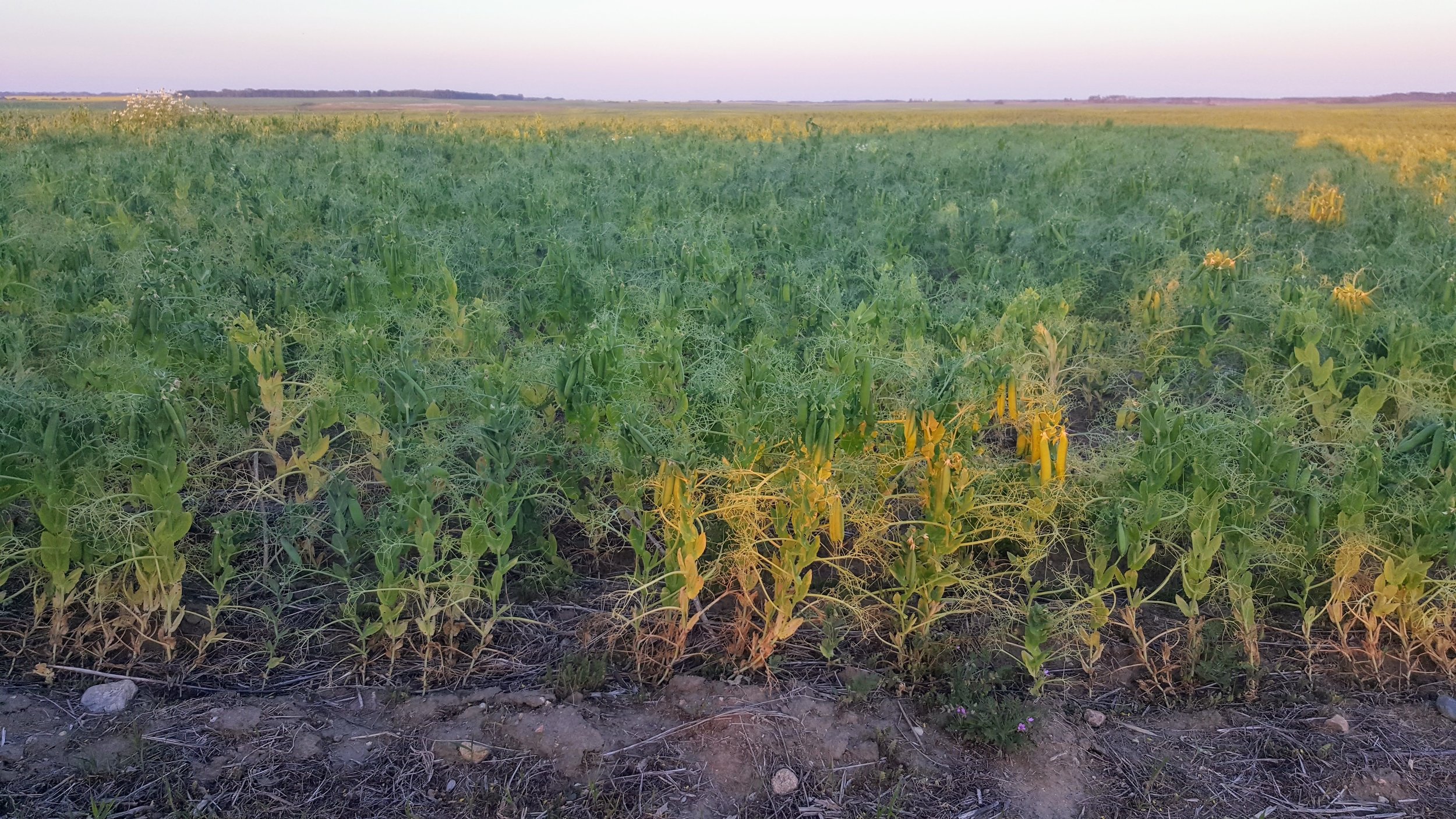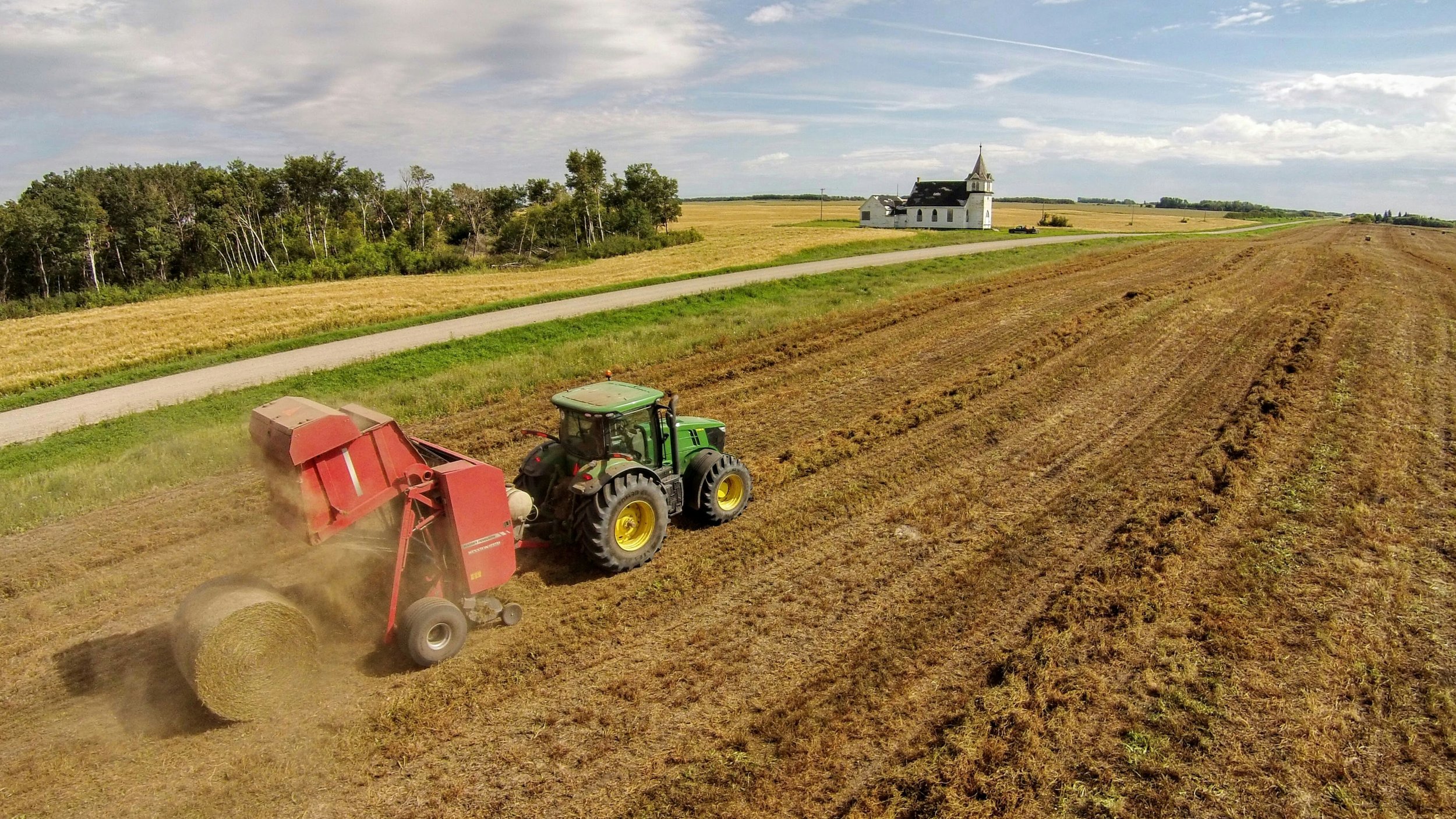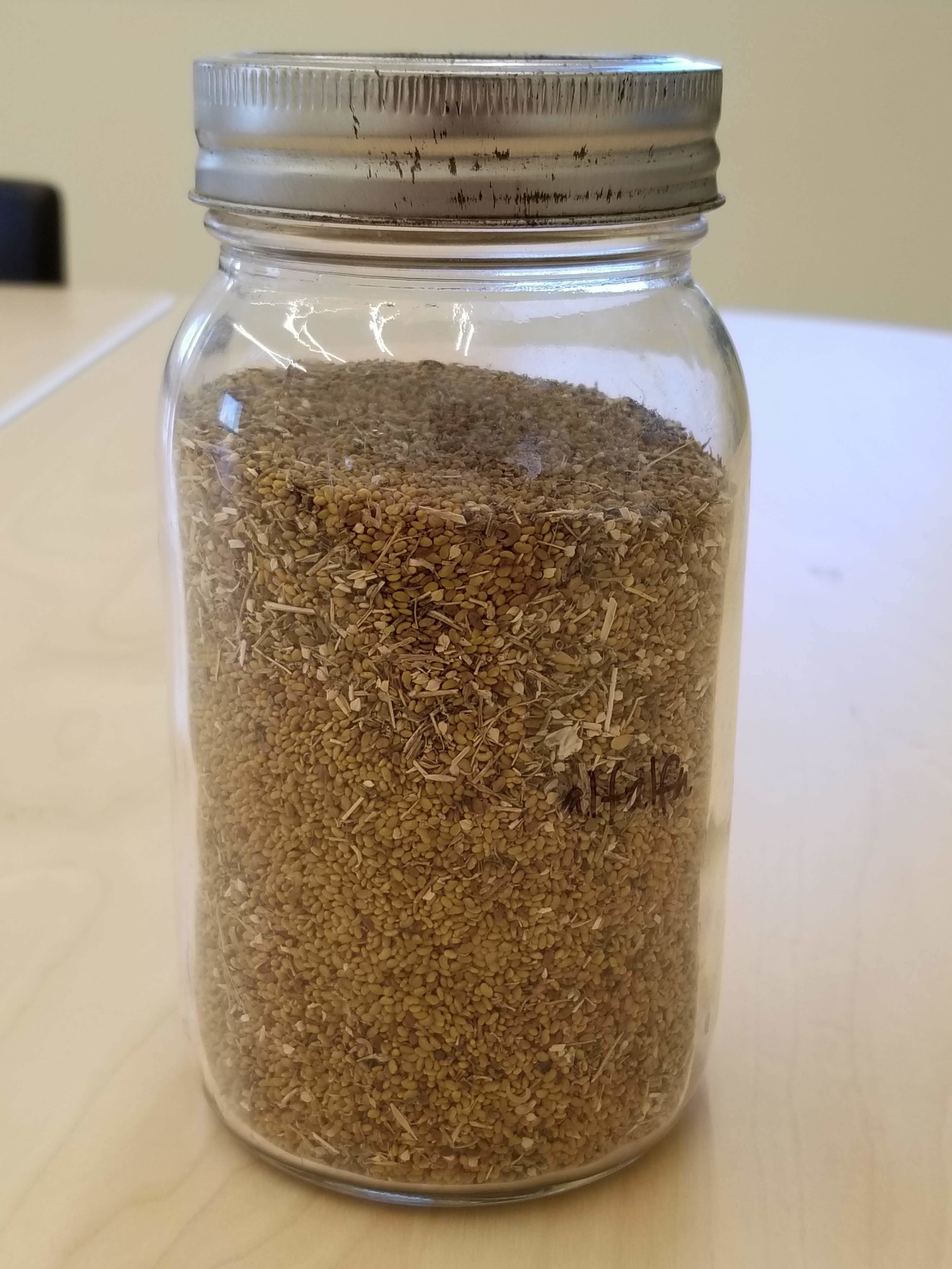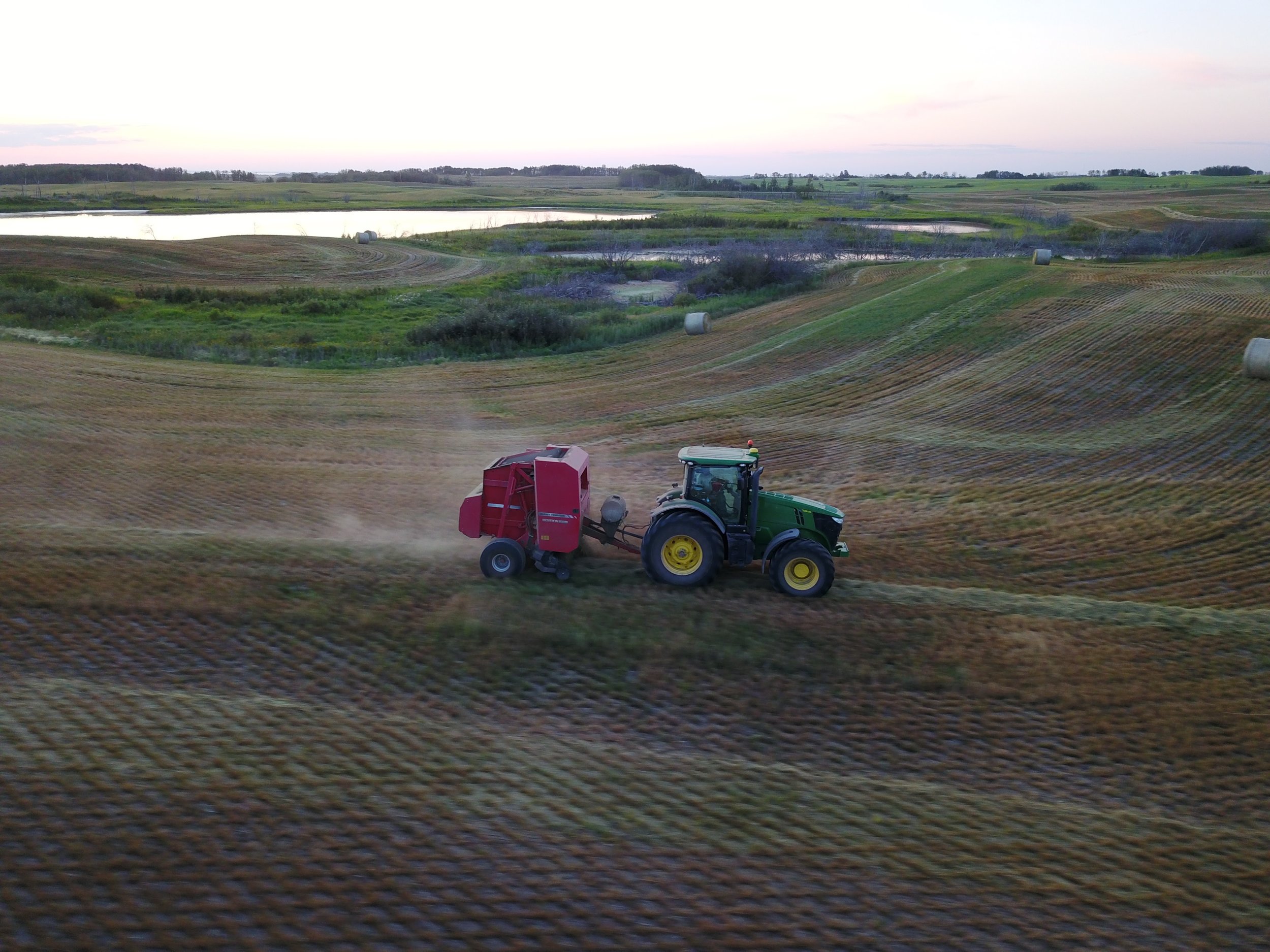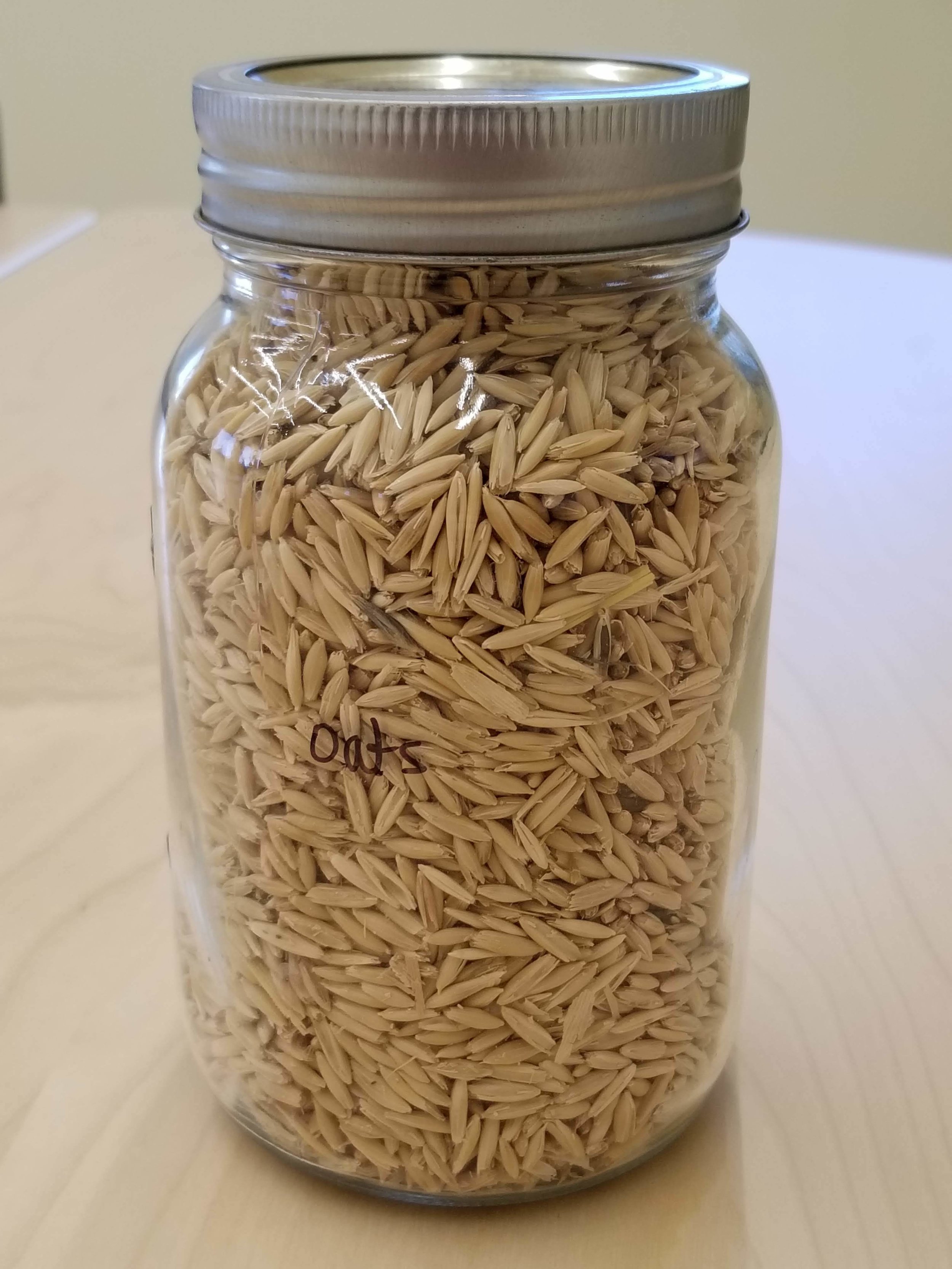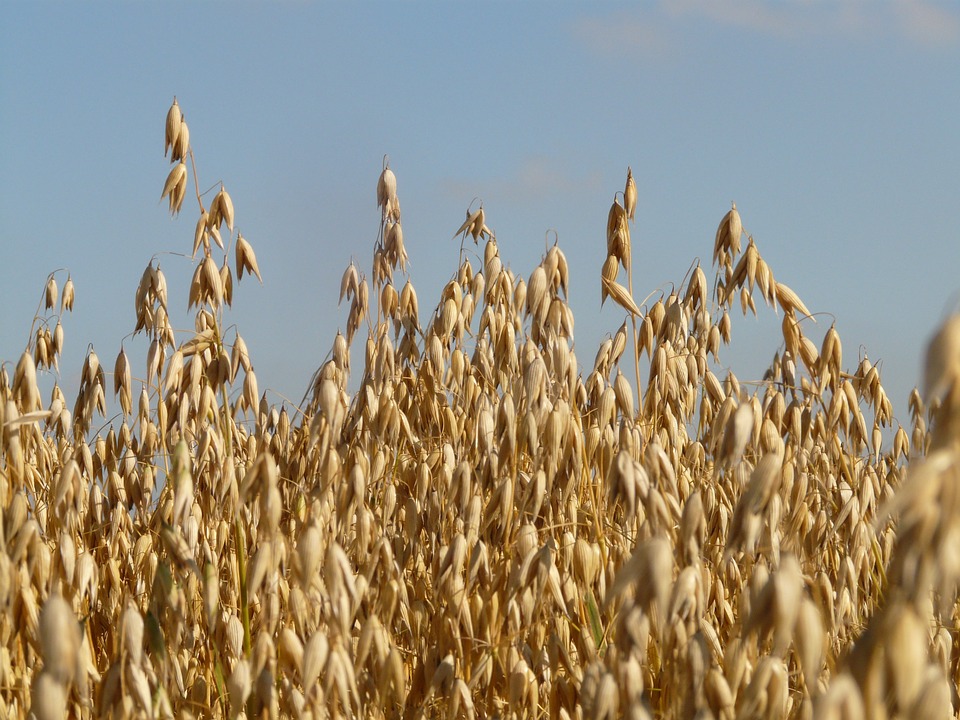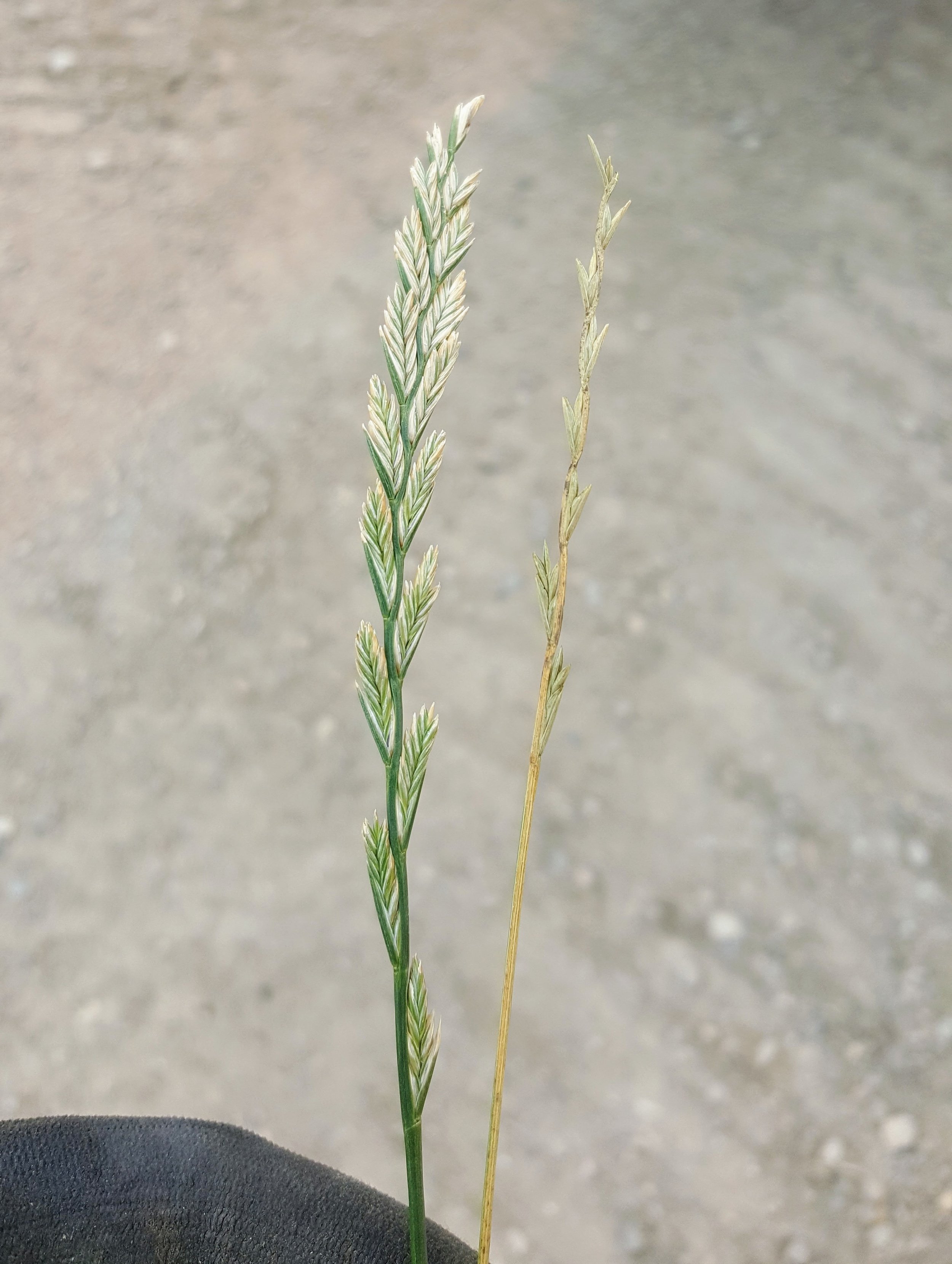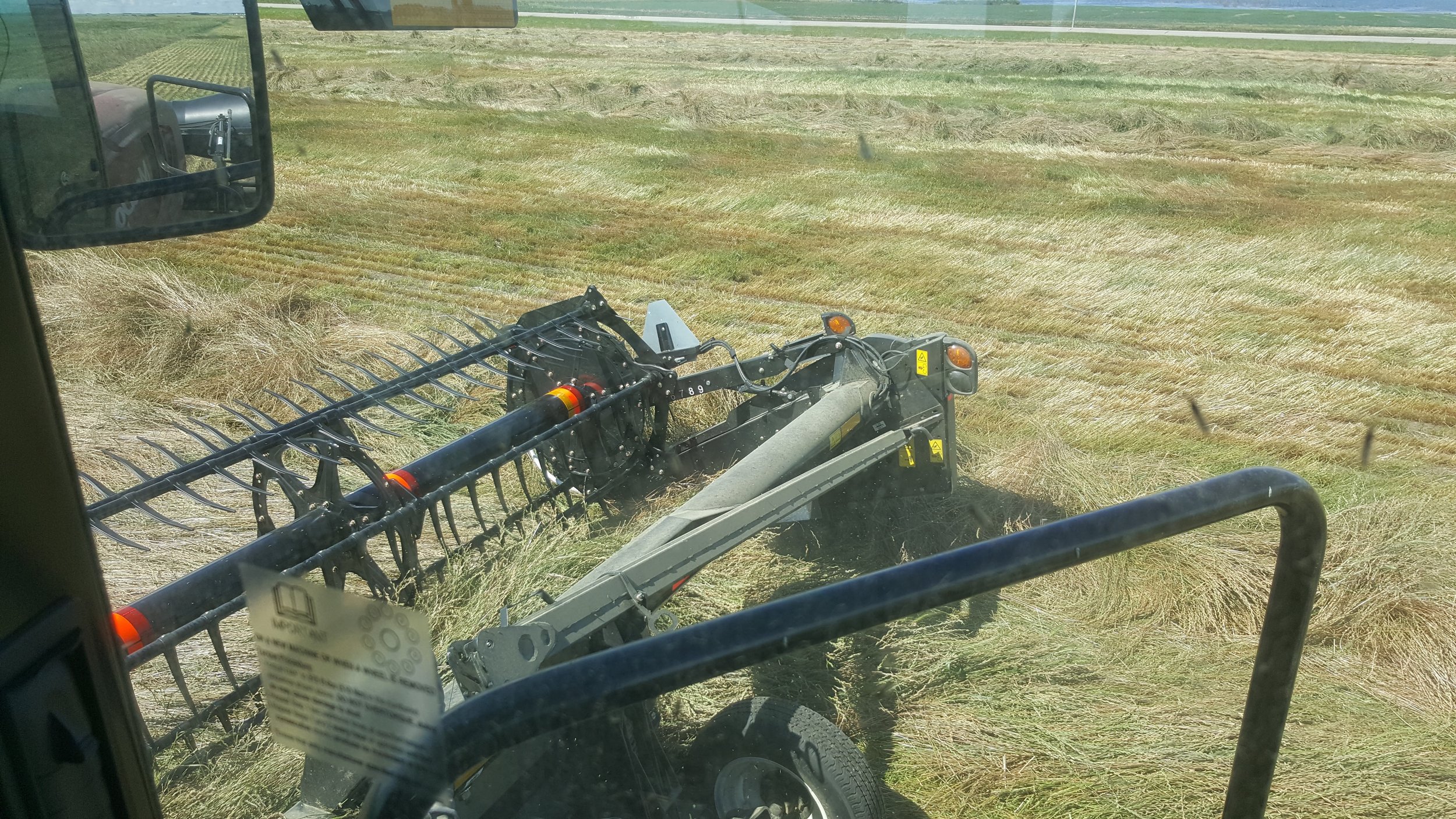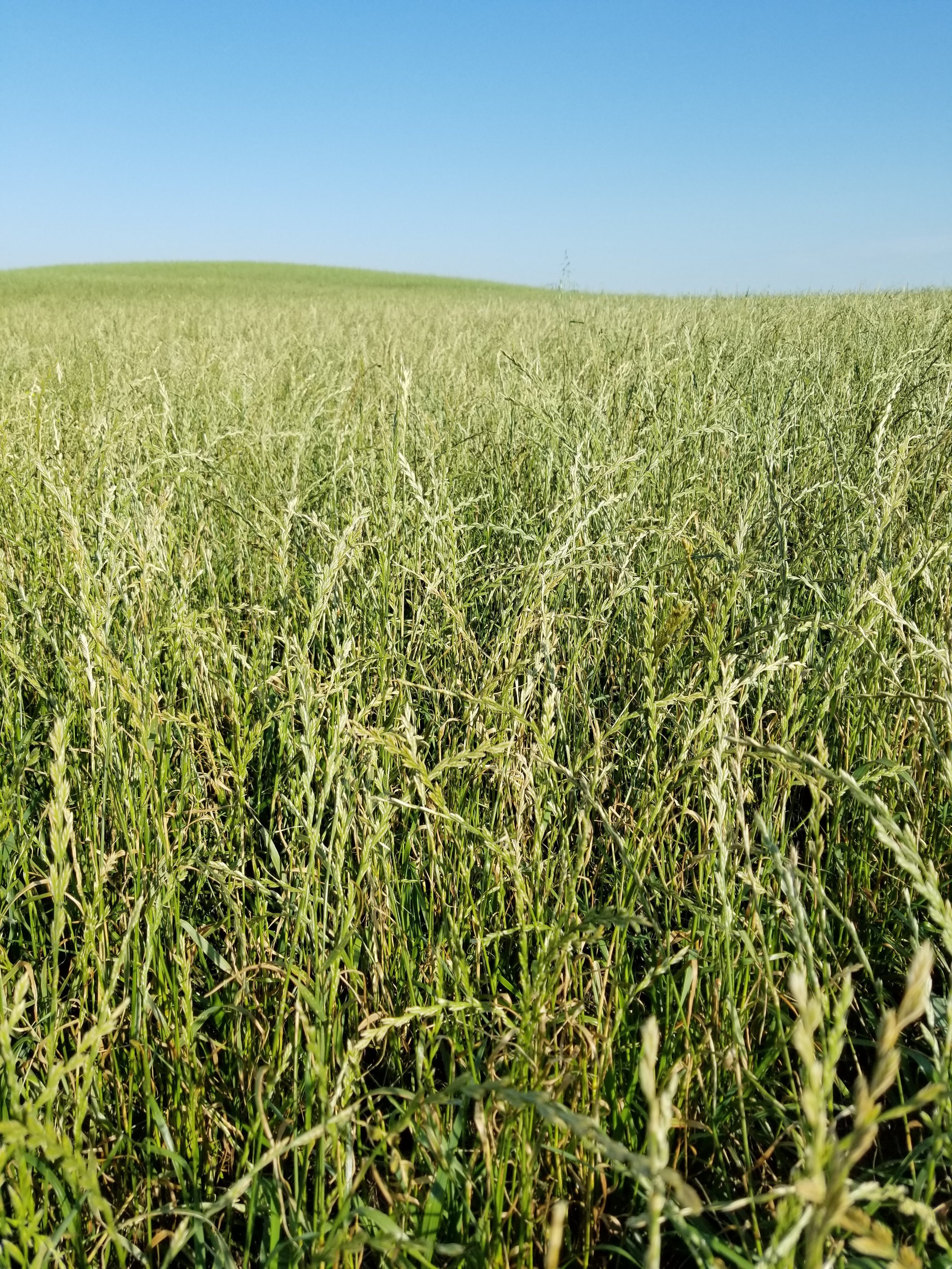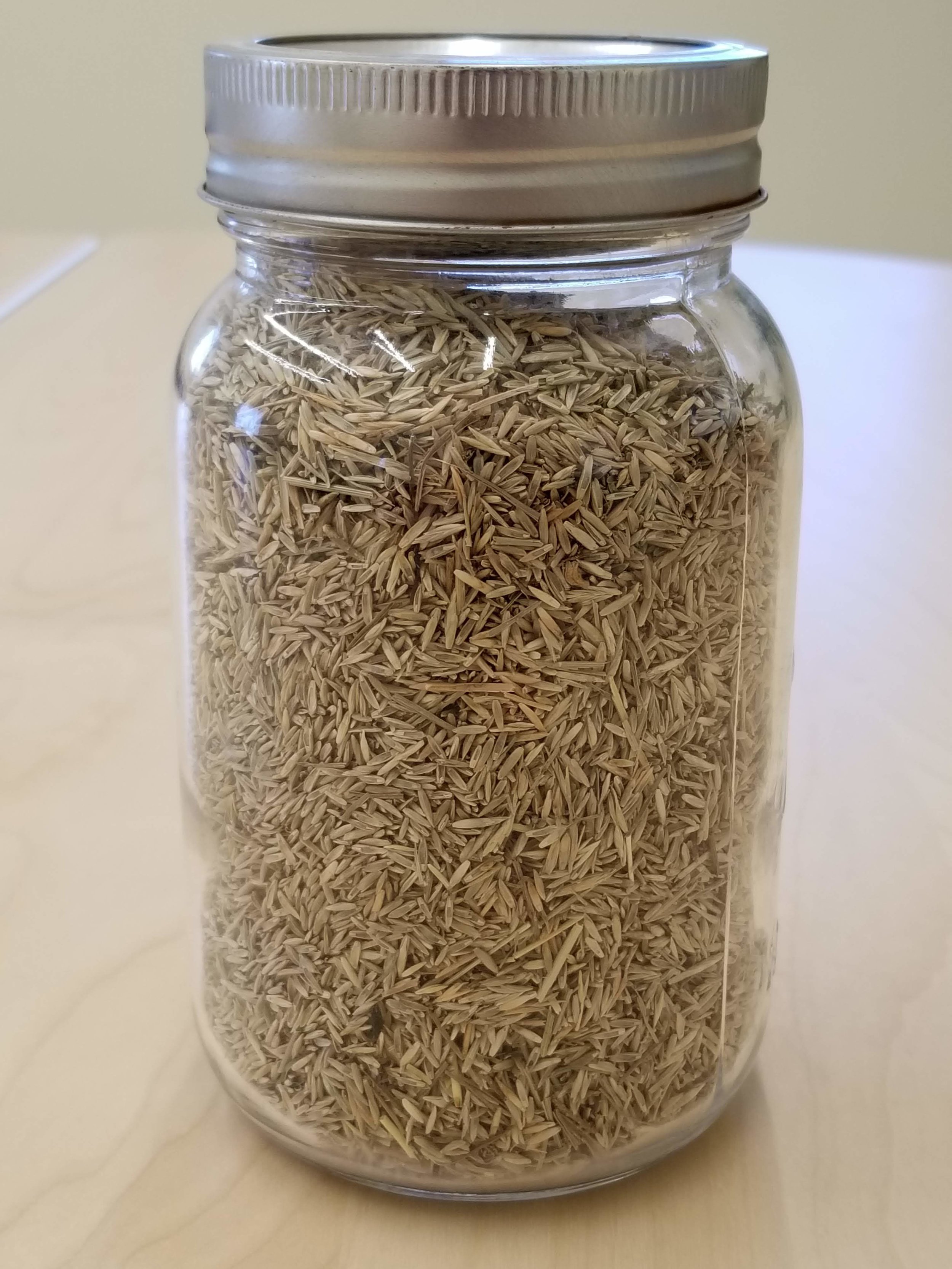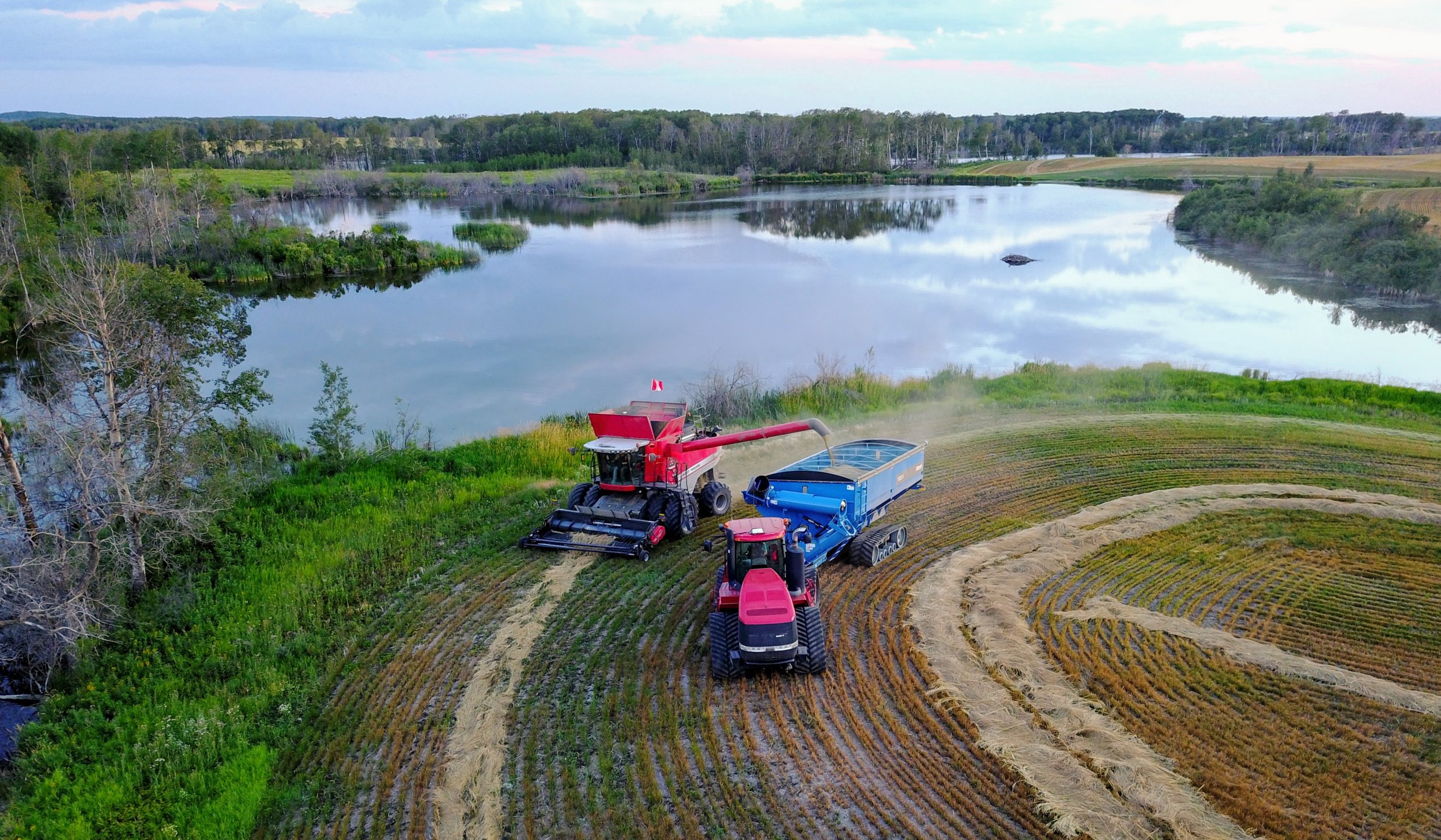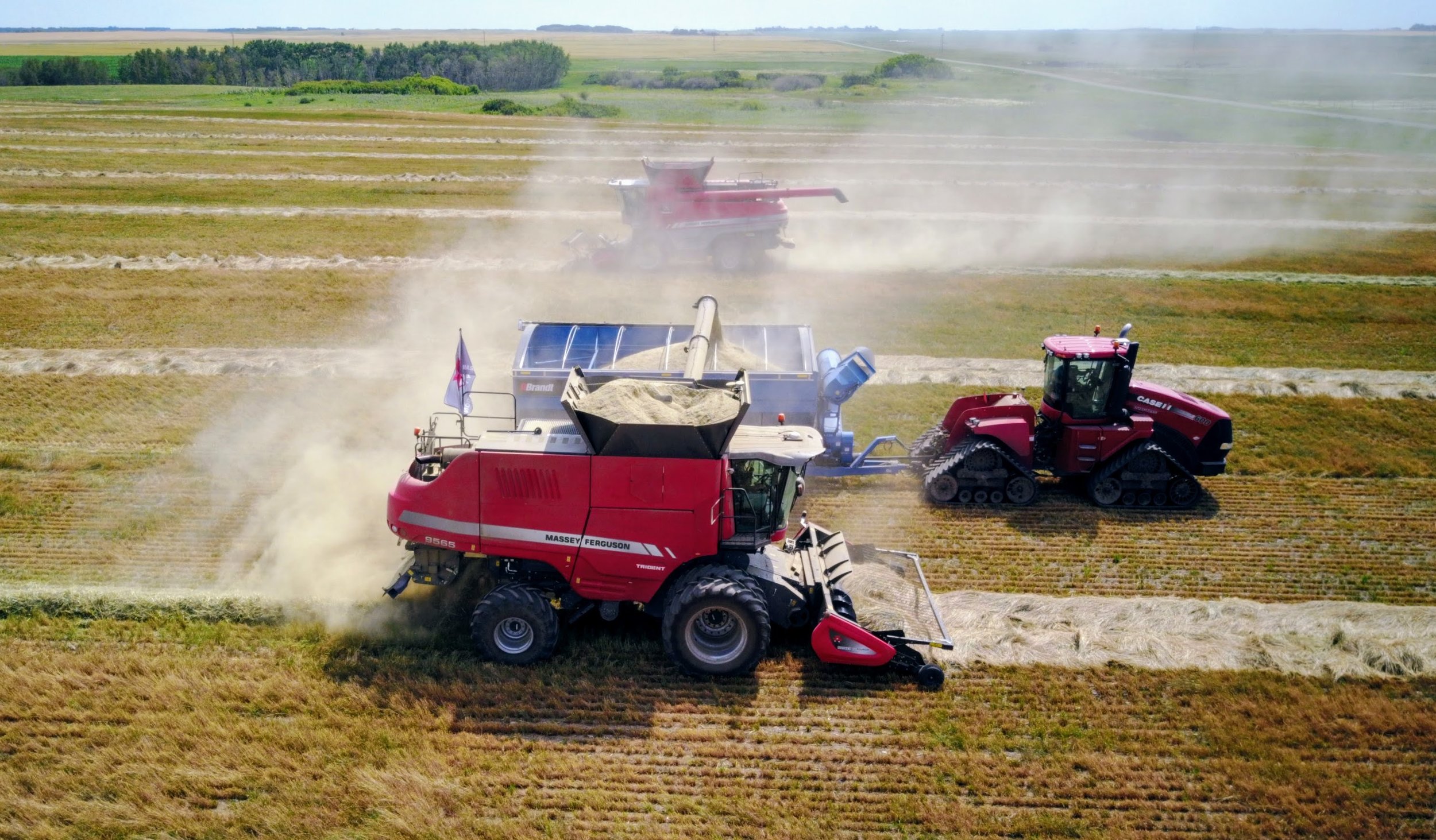What We Grow
We take crop rotations and soil health very seriously. To that end, we grow peas (green and yellow), cereals (wheat, malt barley, oats), canola (identity preserved, and generic), flax seed, alfalfa, annual and perennial grass seeds. This allows us to rotate crops through all acres, giving nutrients and organic material back to the land.
Canola
More than a third of our annual crop consists of a number of varieties of canola. Canola is crushed to extract the oil found in its small black seeds. Once the oil and left over meal are separated canola oils uses range from high quality cooking oil to bio-diesel. The meal can then be used as a valuable feed additive for livestock.
Wheat
Wheat is the second largest crop that we grow at Windy Poplars Farm. We strive to provide a valuable source of high protein milling wheat found in your everyday baking products.
Barley
Every year we plant our barley with one goal in mind. To fill our bins with top notch malt quality barley that will be used to brew local and international beers.
Flax
In recent years the nutritional value of flax has been promoted and as a result you will find it in many health food products. We grow both brown and yellow flax that is used not only as a premium health food but also in the production of commercial oils, paints, and medicinal products.
Peas
Peas are grown for a great source plant based protein for both human and animal consumption. As an added benefit of growing peas, nitrogen is added naturally to the soil which will boost next years crops.
Alfalfa
Grown for cattle consumption, most of which is cut and baled twice a year. An added benefit of alfalfa is that is provides a great crop rotation option for the rest and rejuvenation of soil. A small portion of our alfalfa acres are also left to fully mature to be harvested for seed.
Oats
A small portion of our acreage includes oats. When they are high enough quality you'll find them in your oatmeal, rolled oats, and many of your breakfast cereals. If they aren't used for human consumption they will often be fed to livestock.
Grass Seed
Grass seed growing has been a relatively new crop for us. It has been a crop that has allowed us to stretch out our harvest as it generally is earlier to mature.

